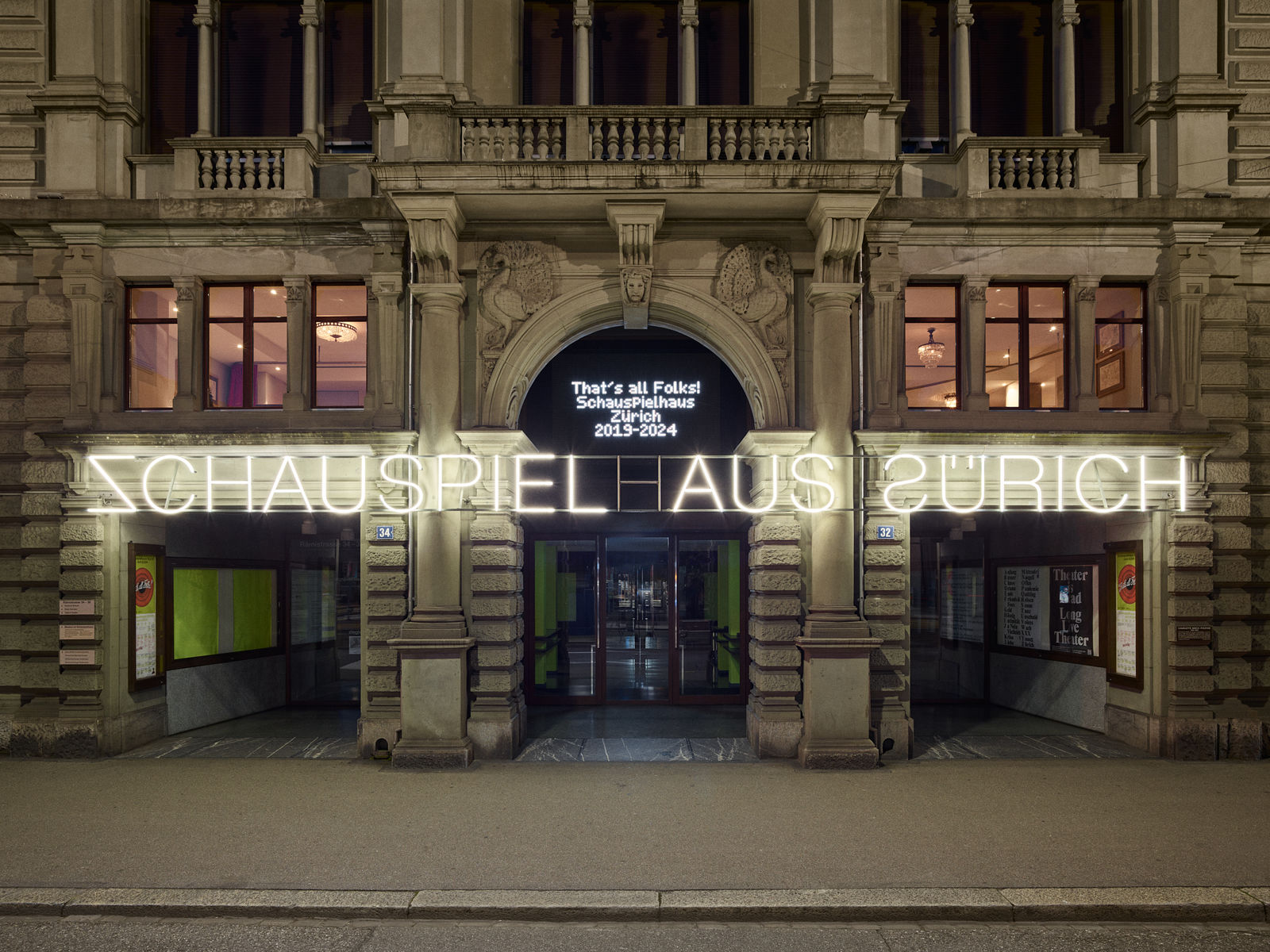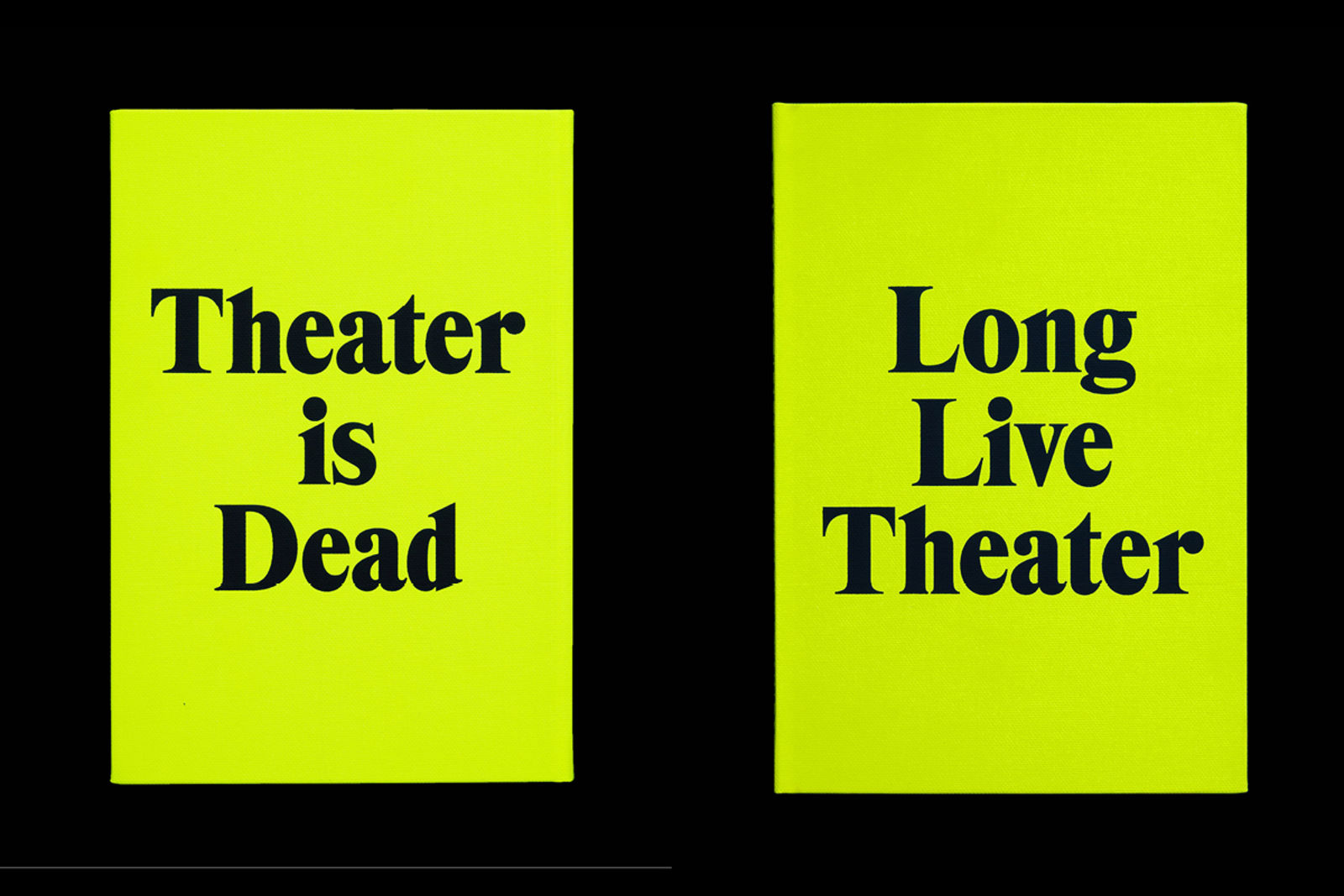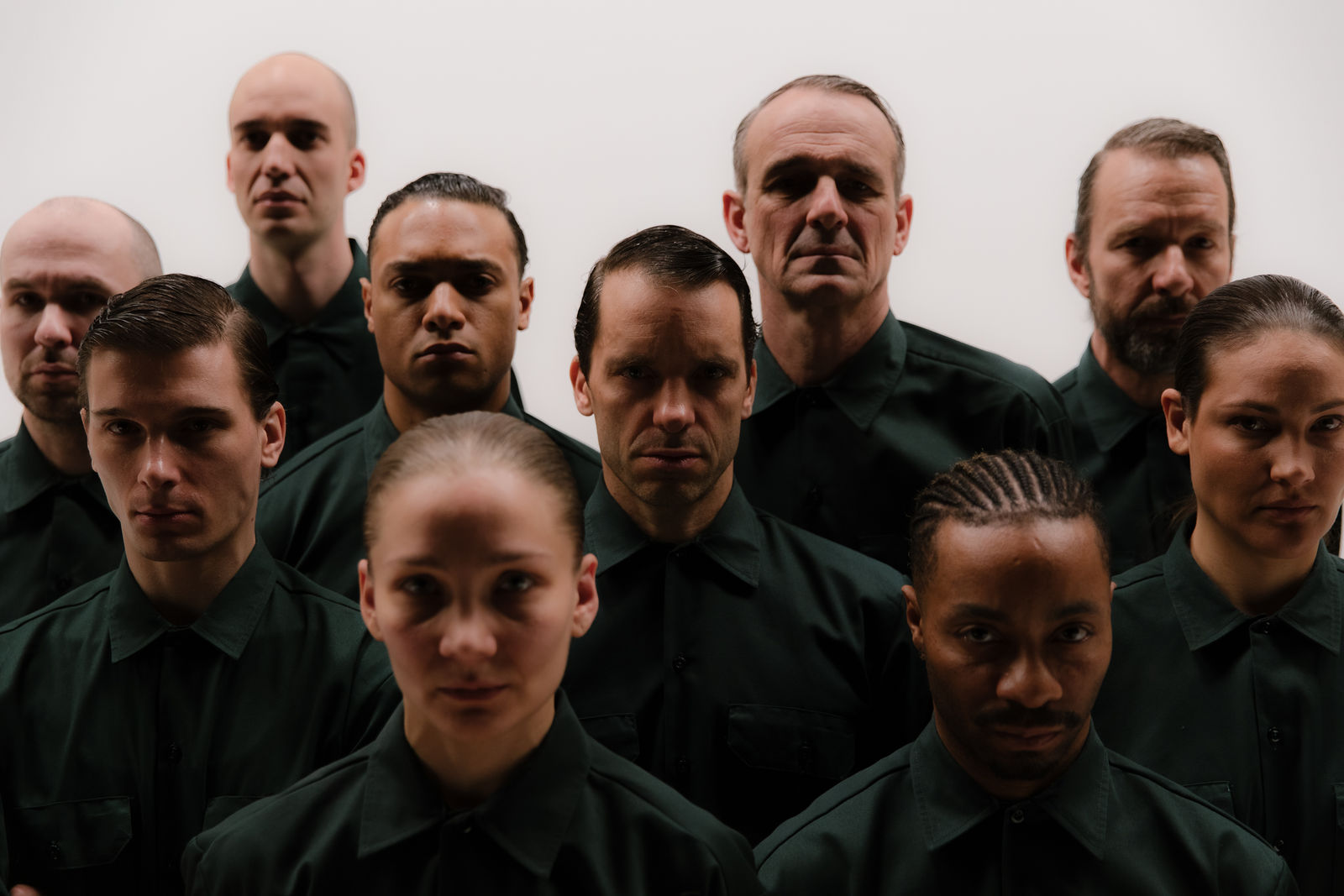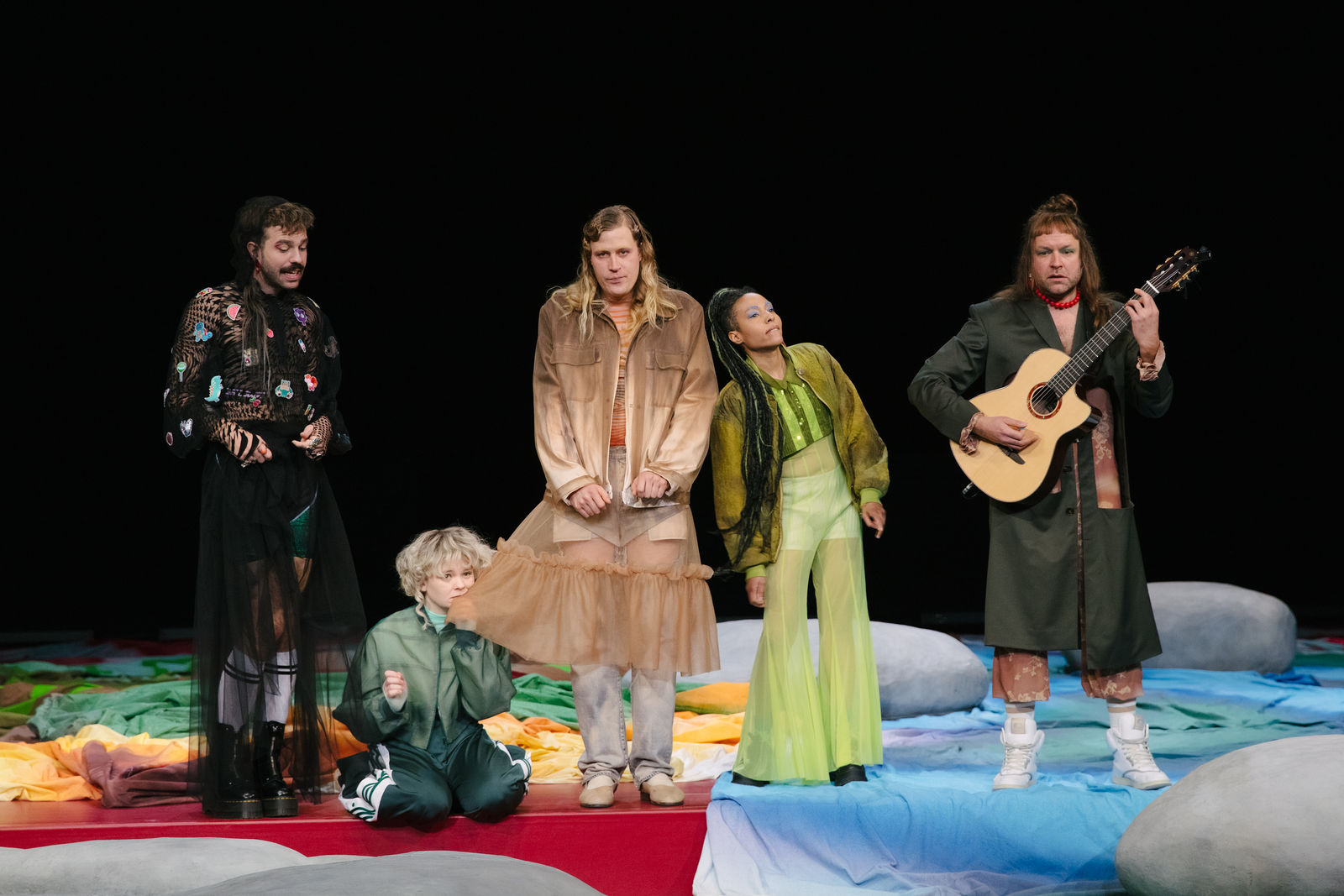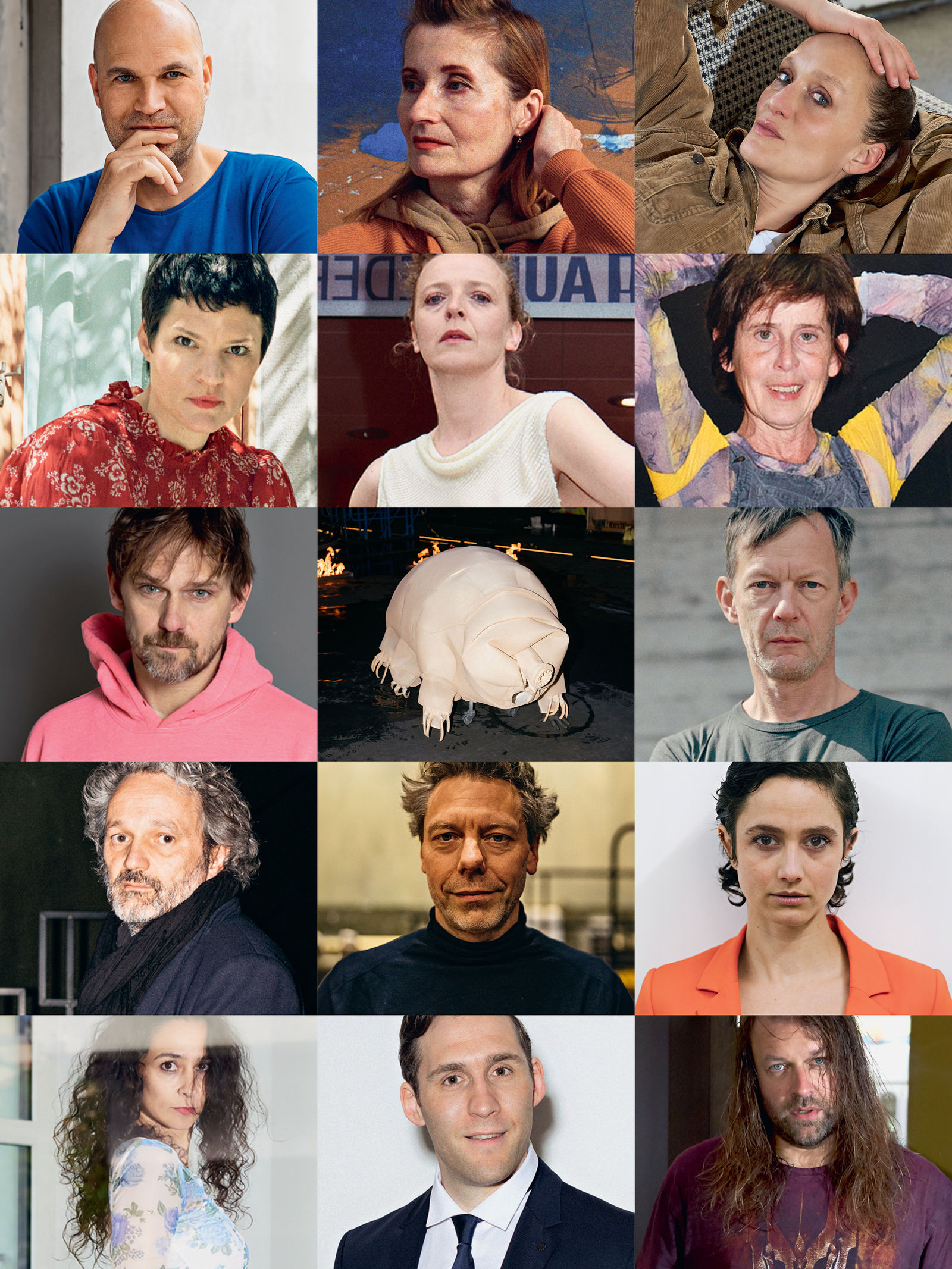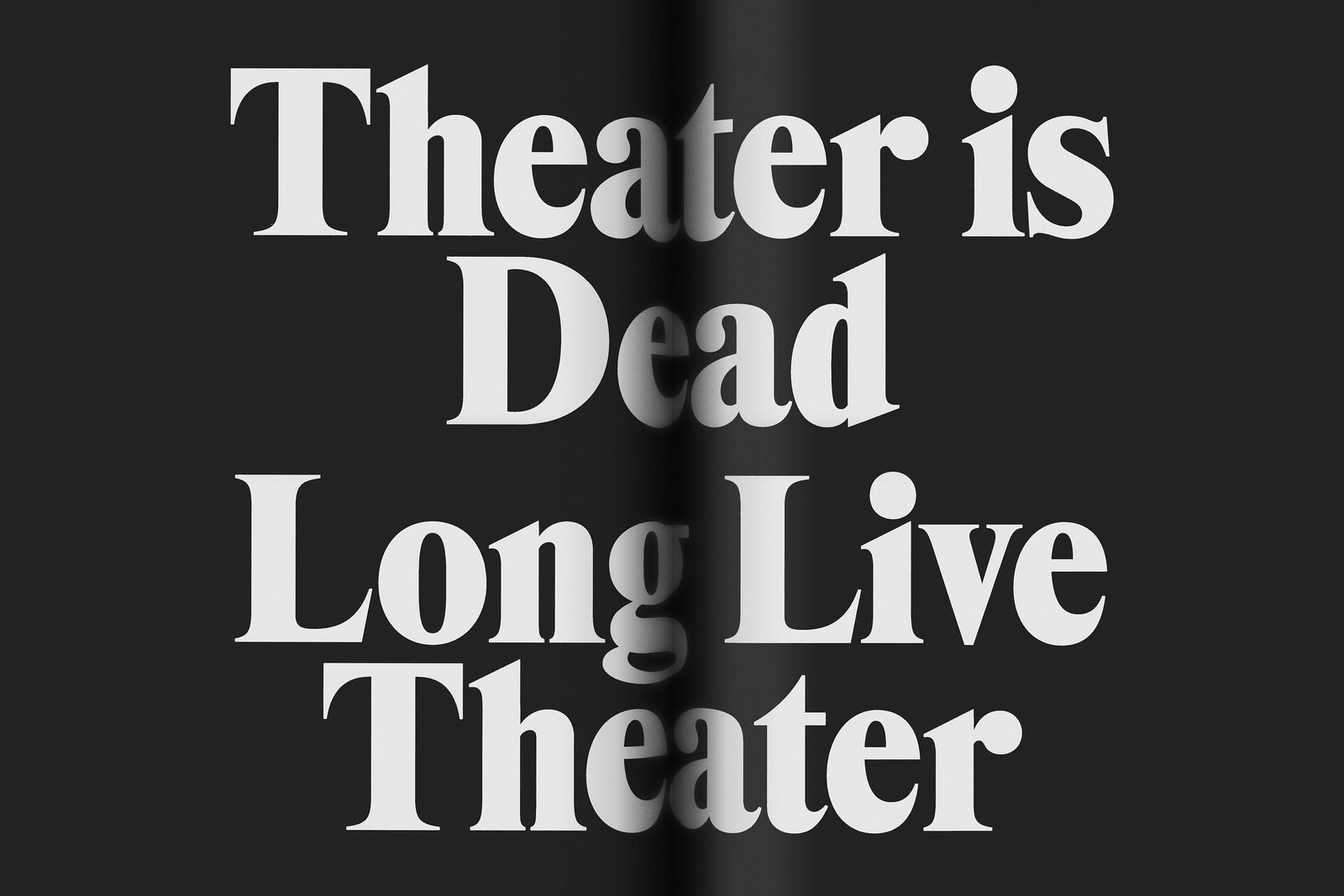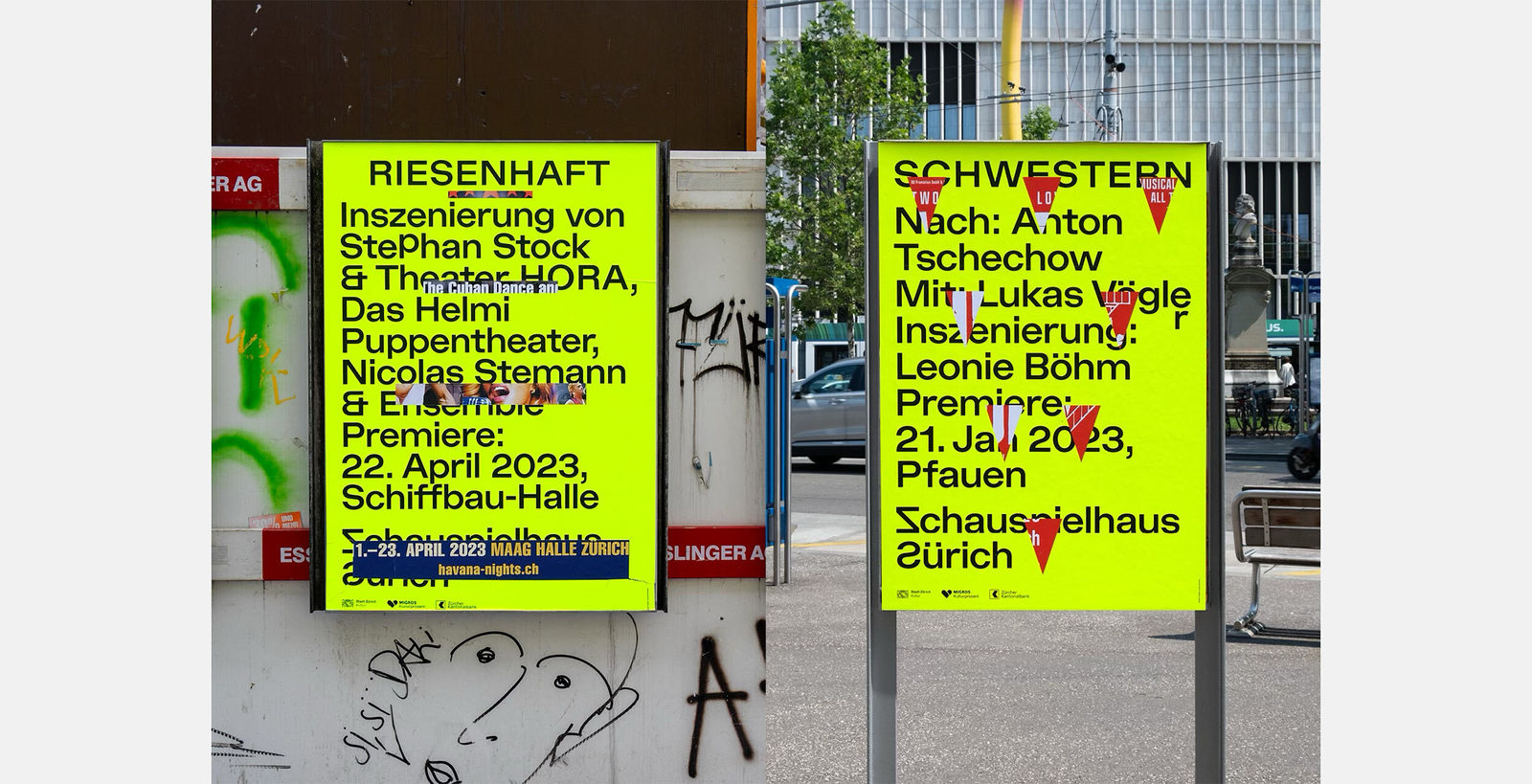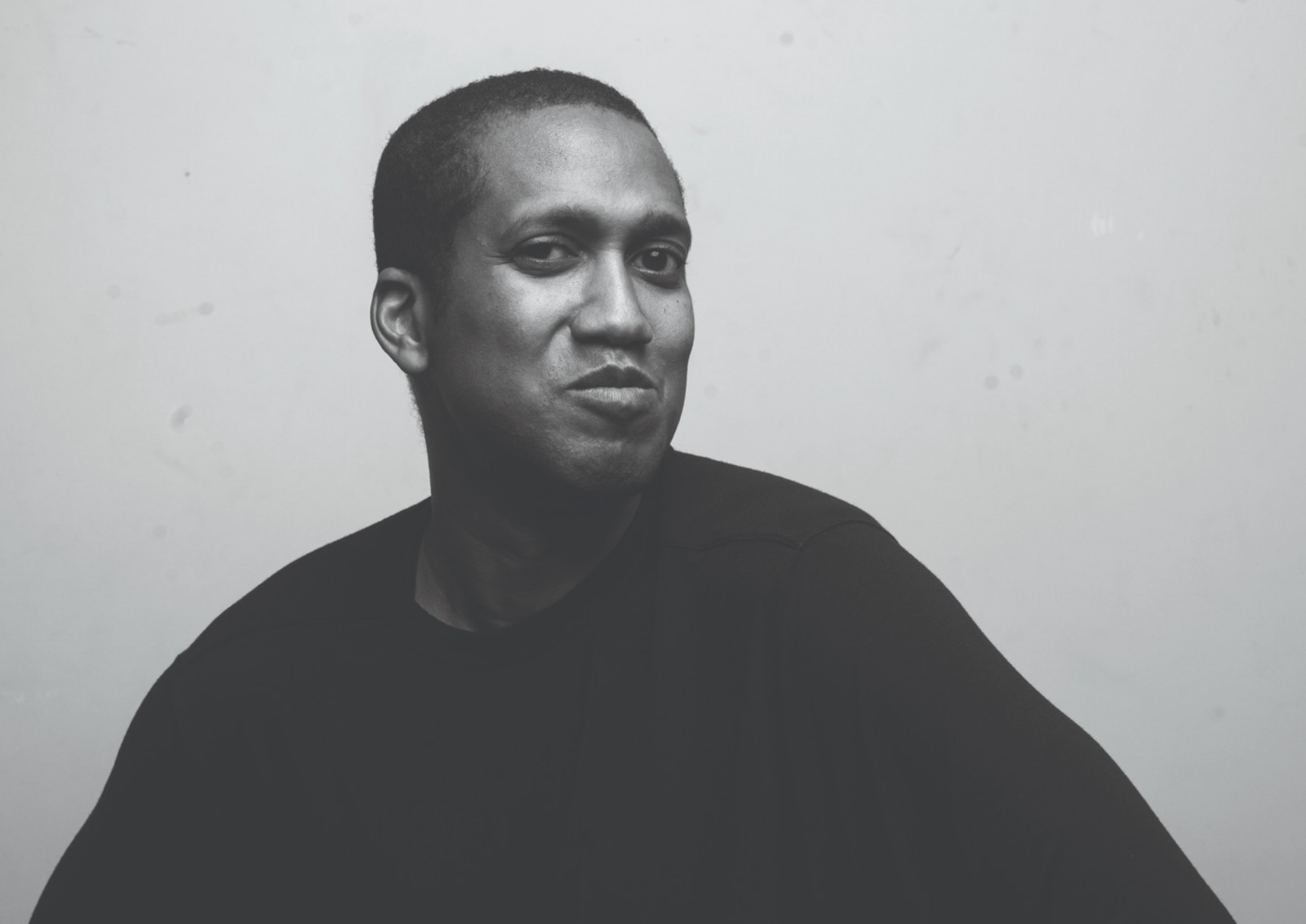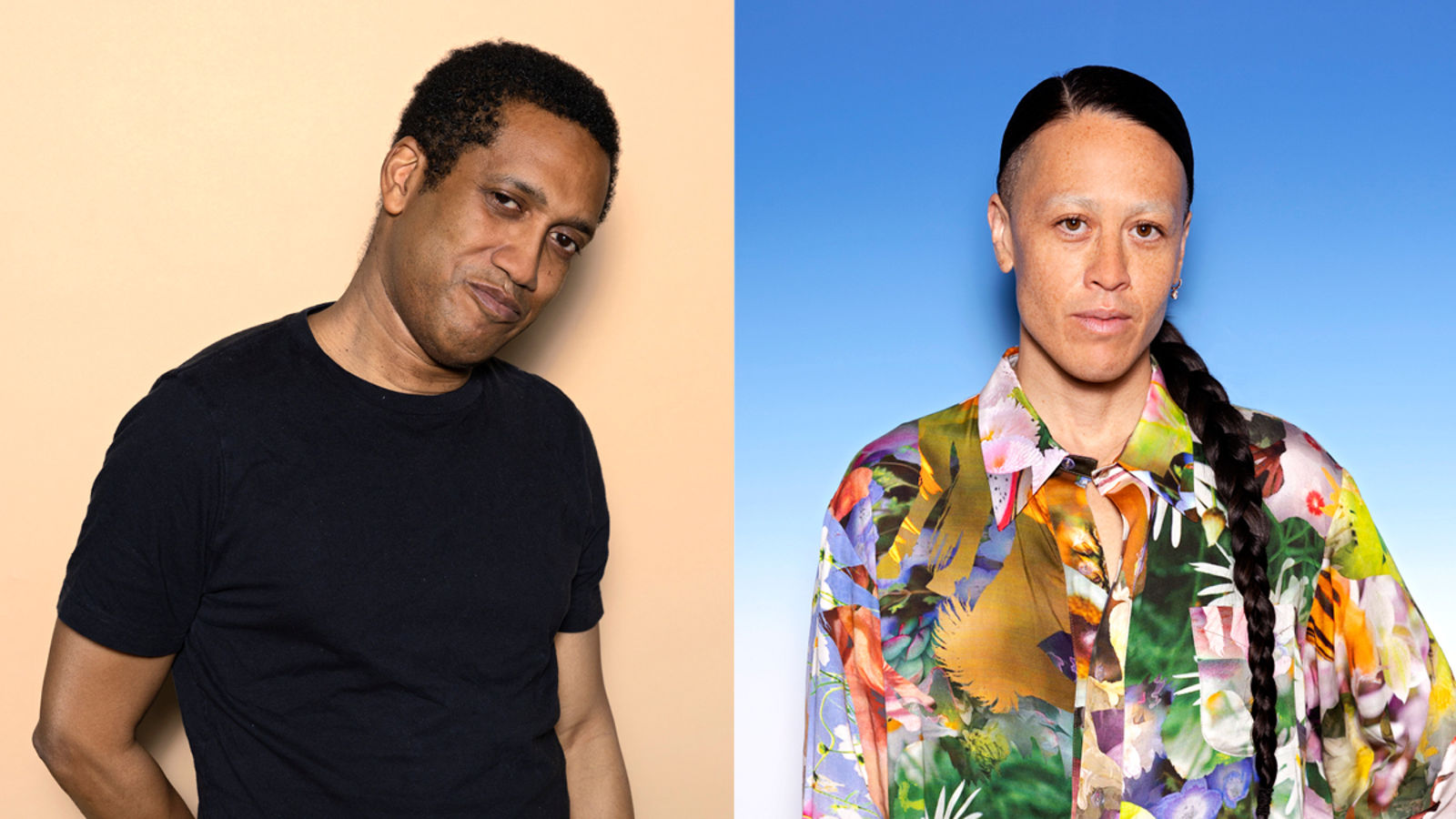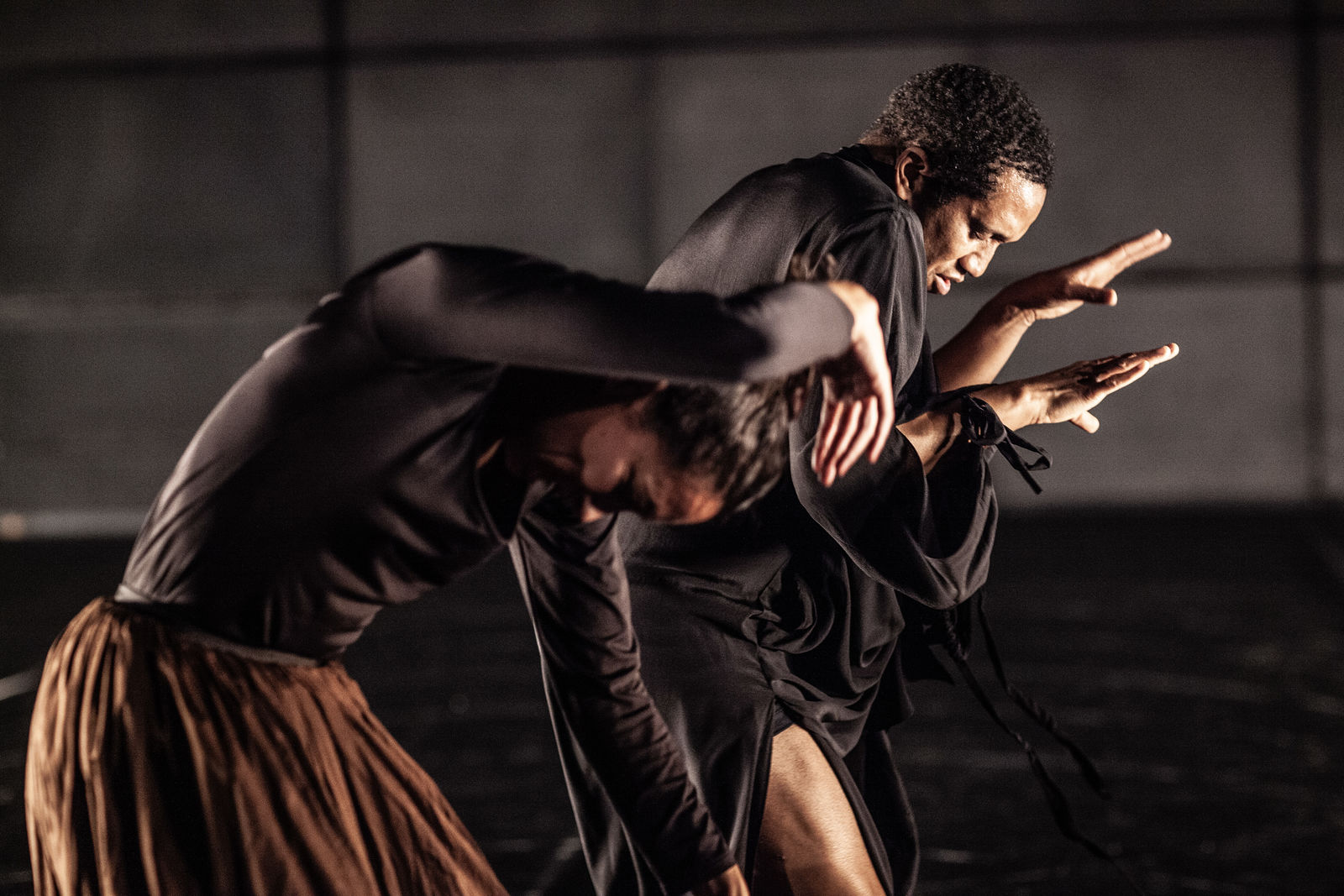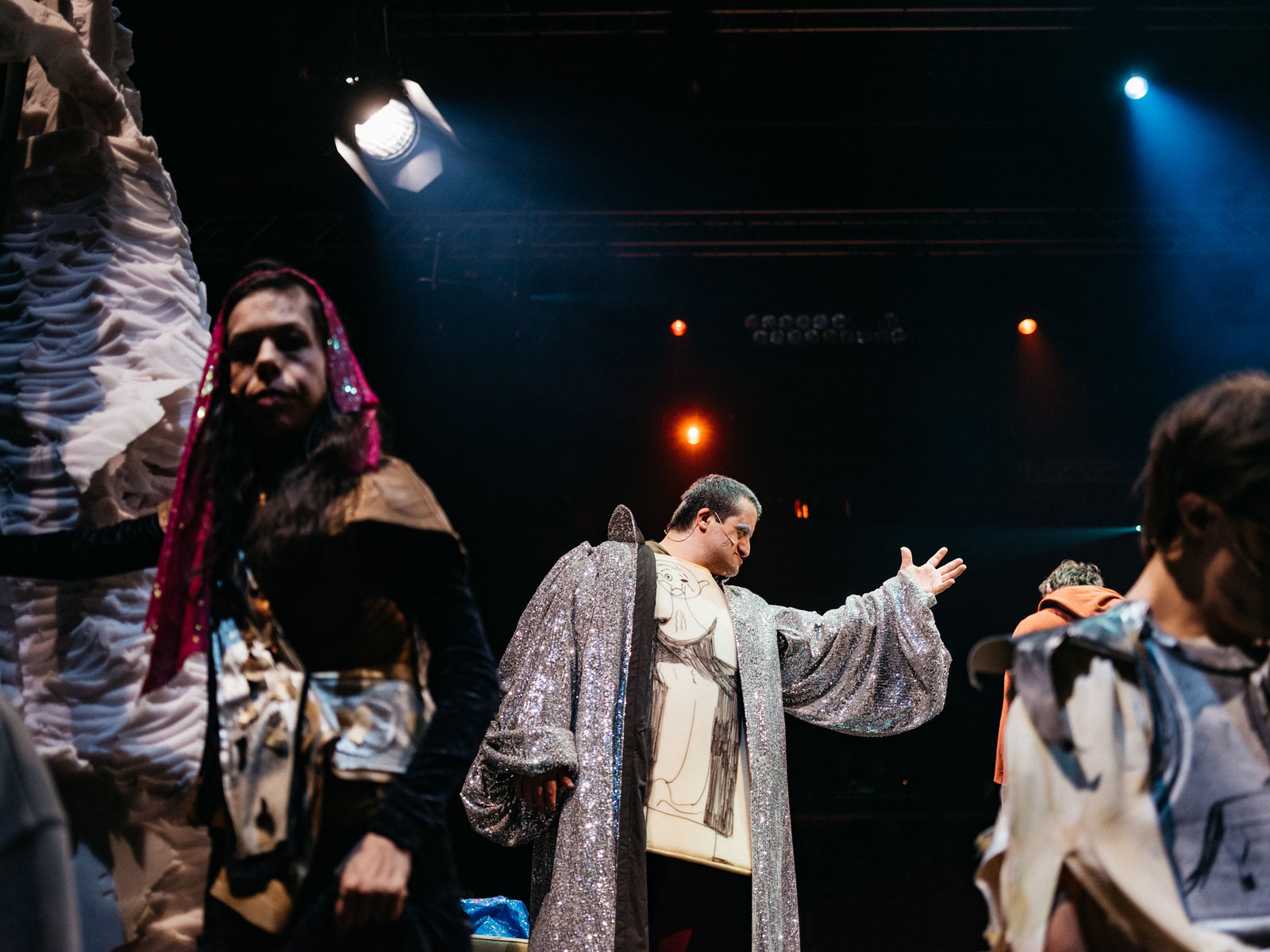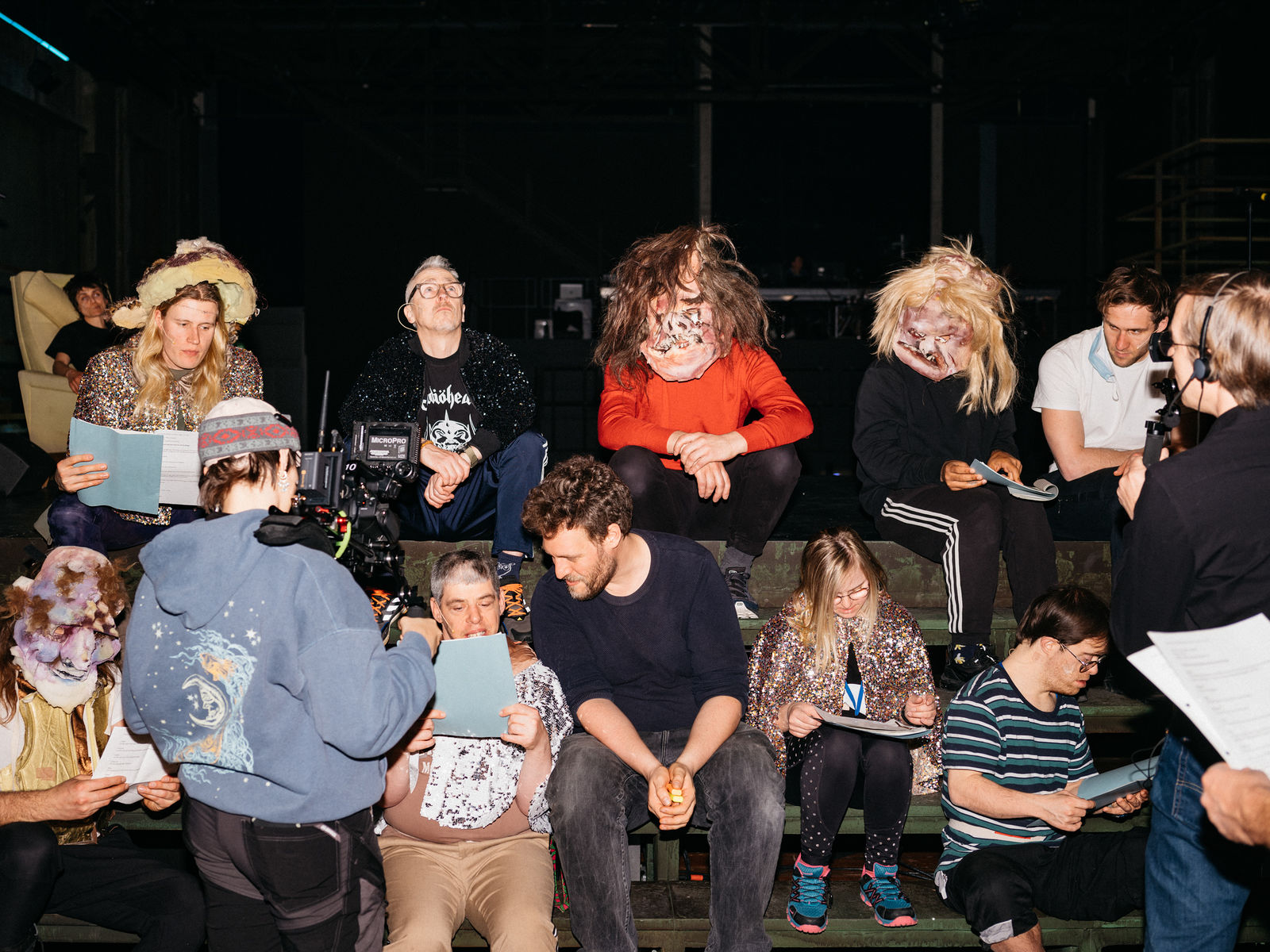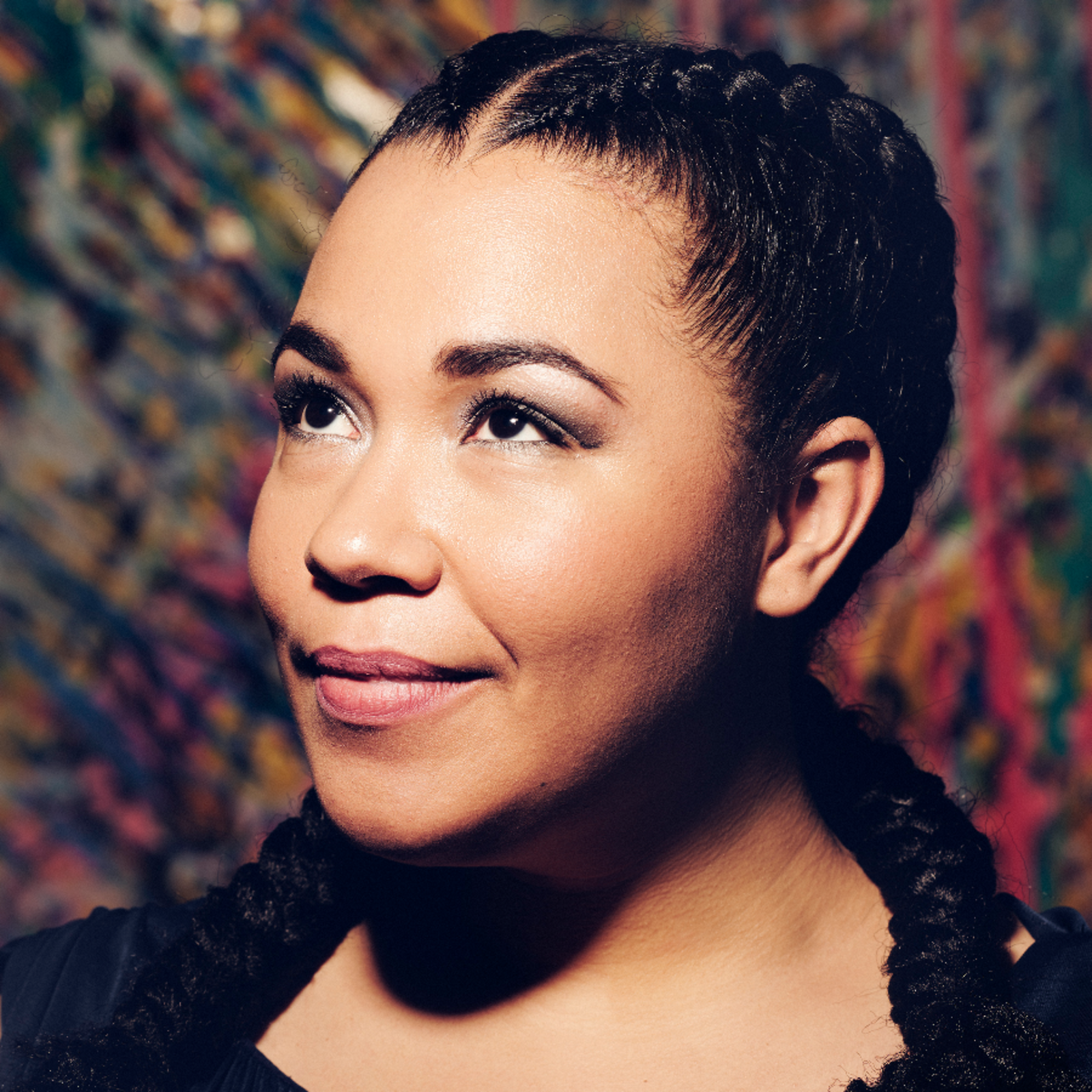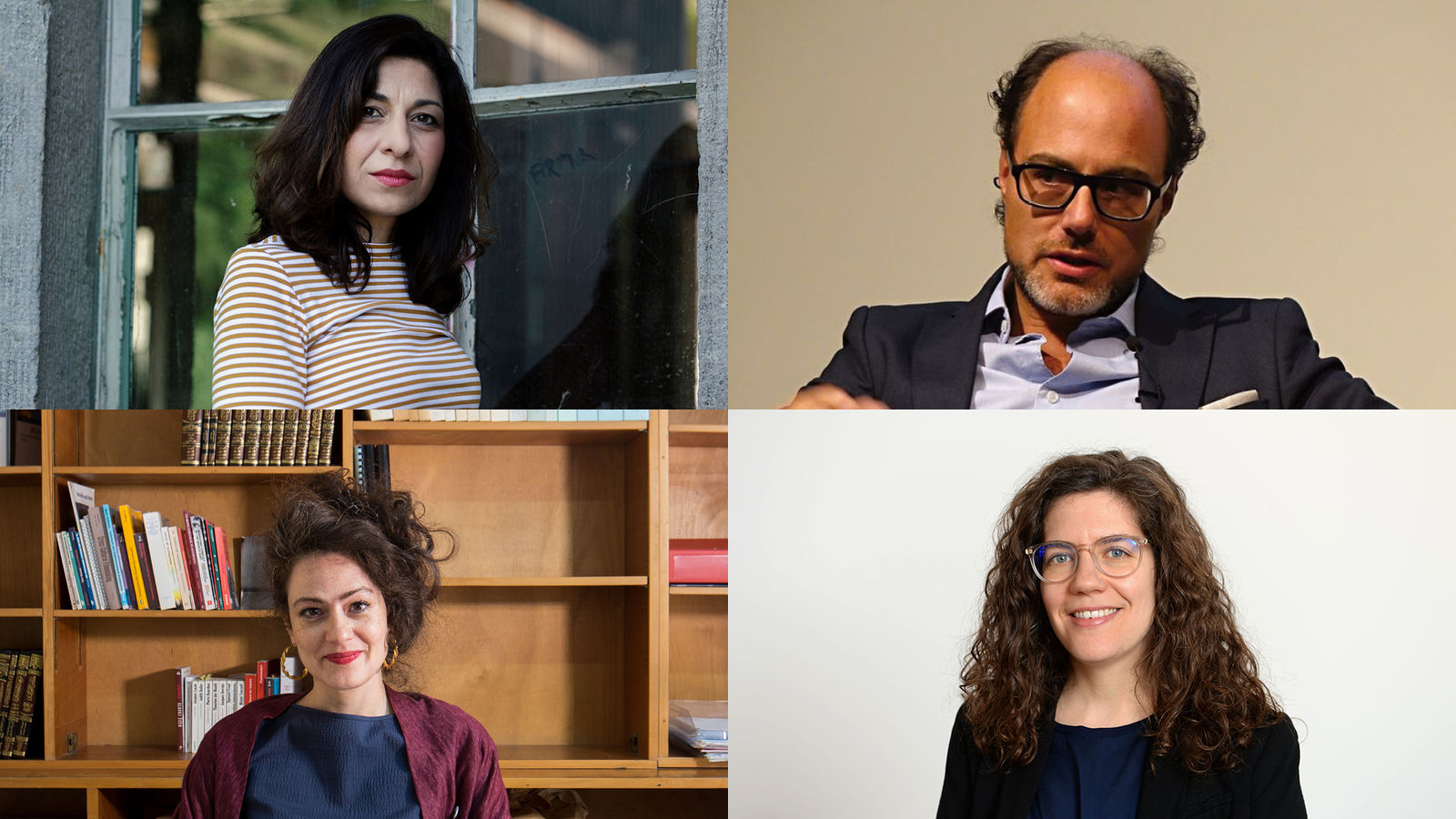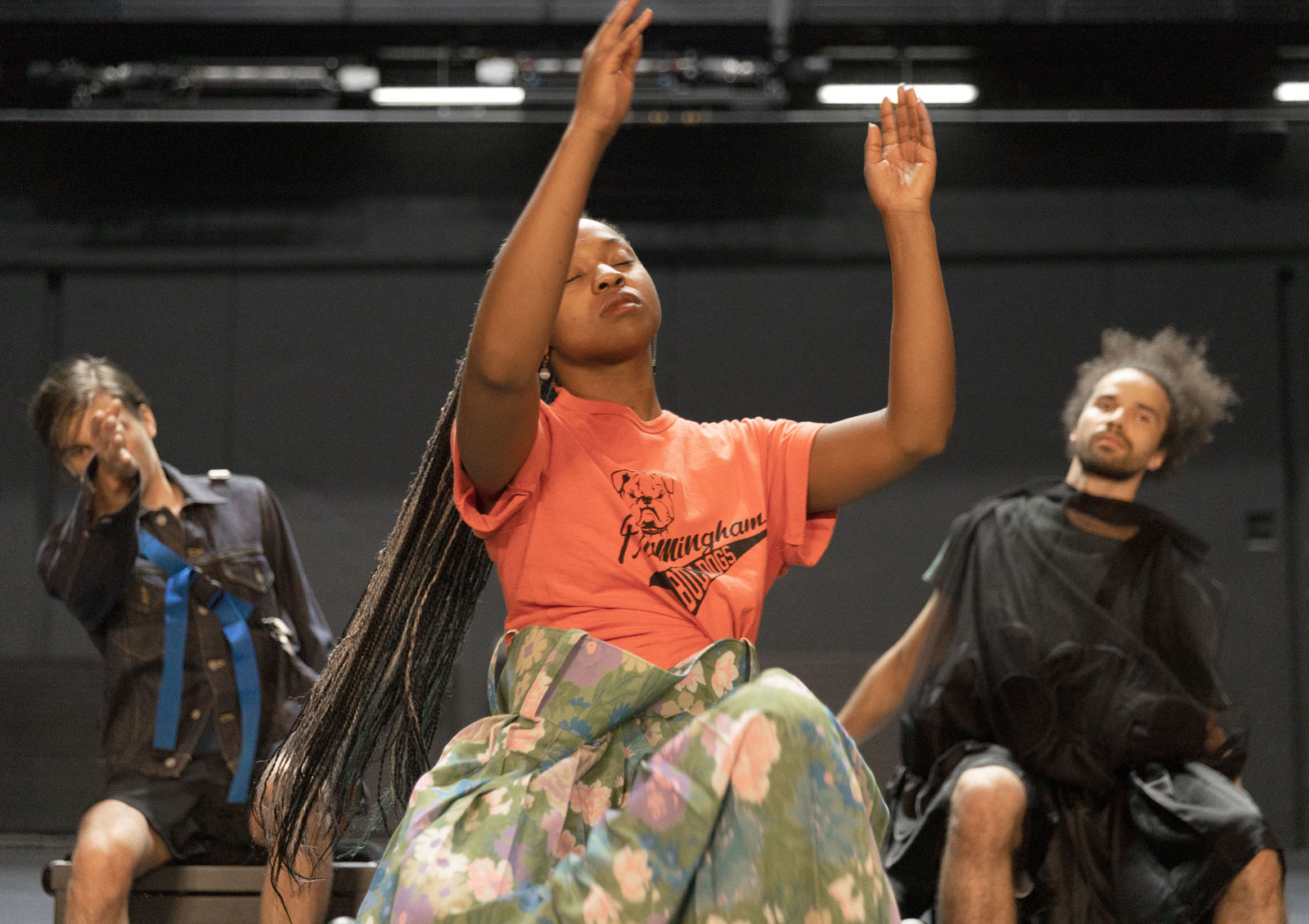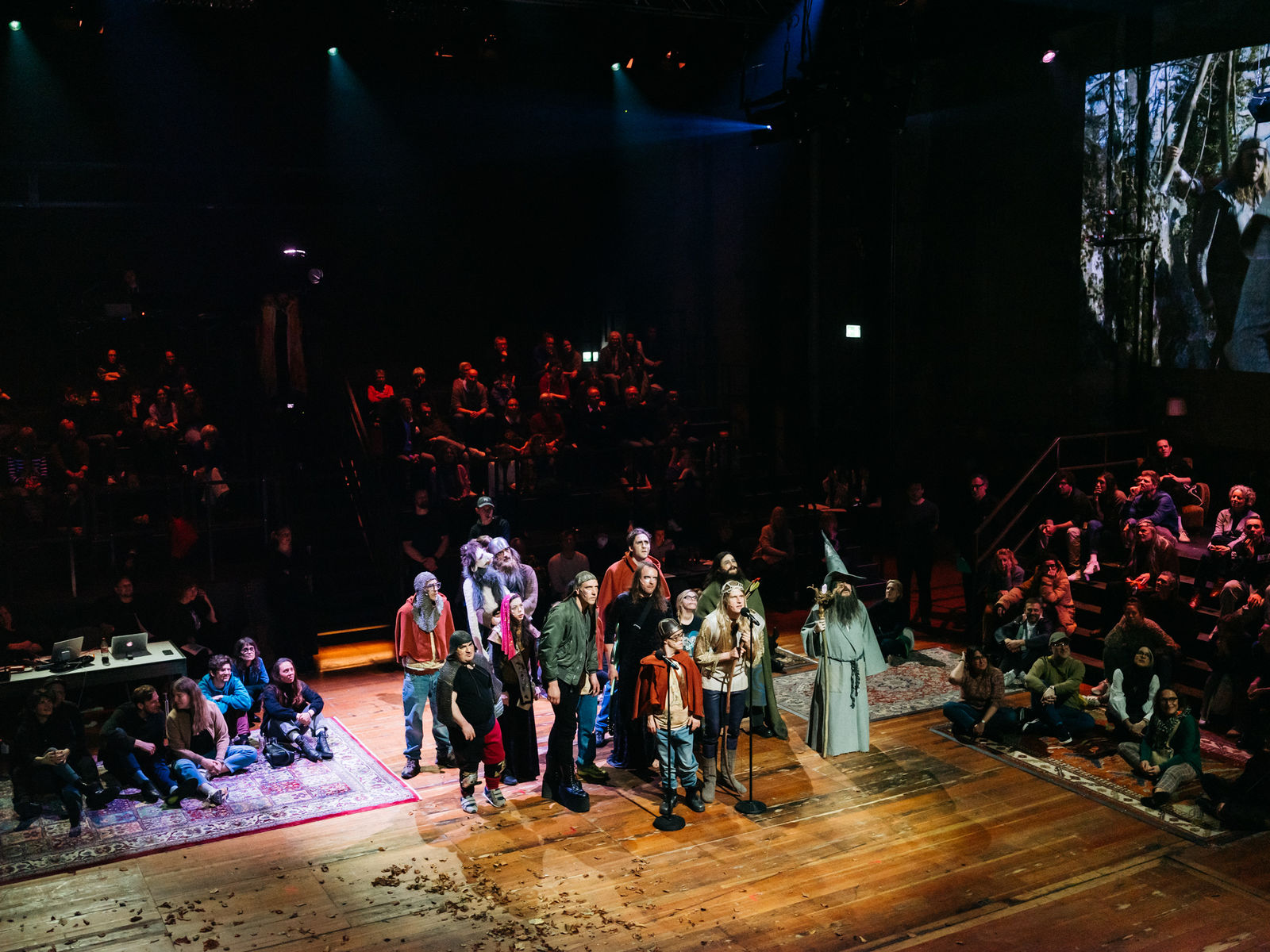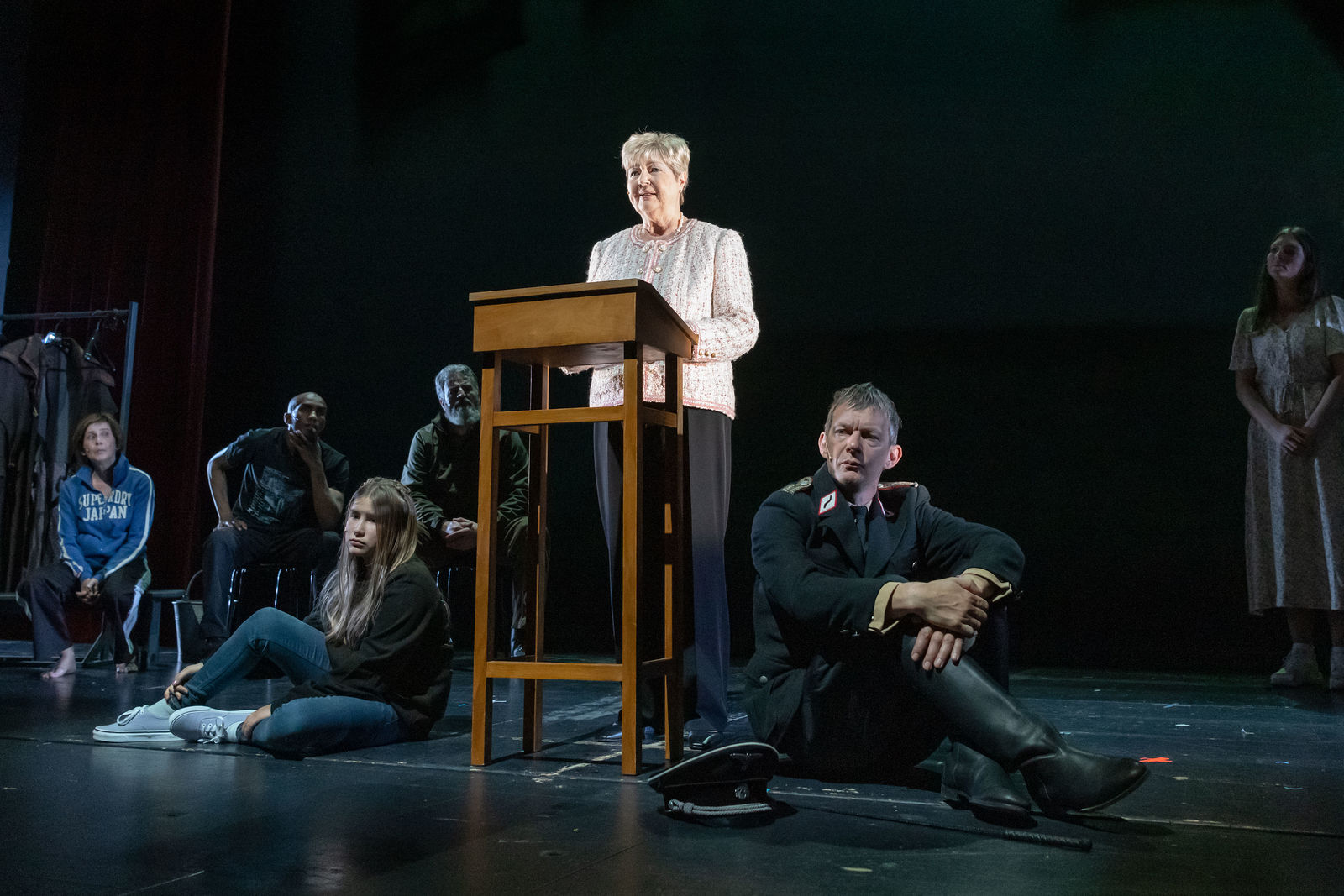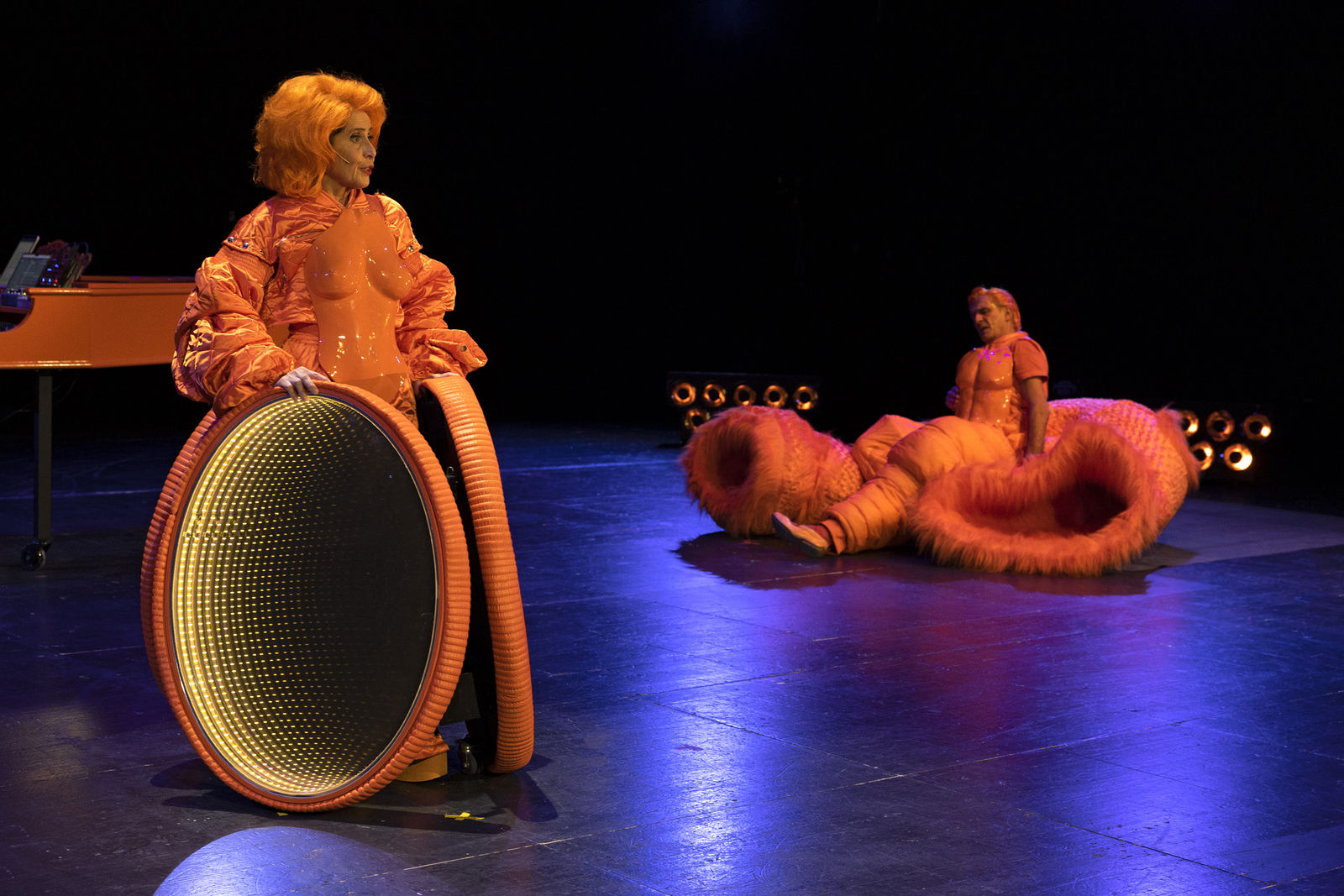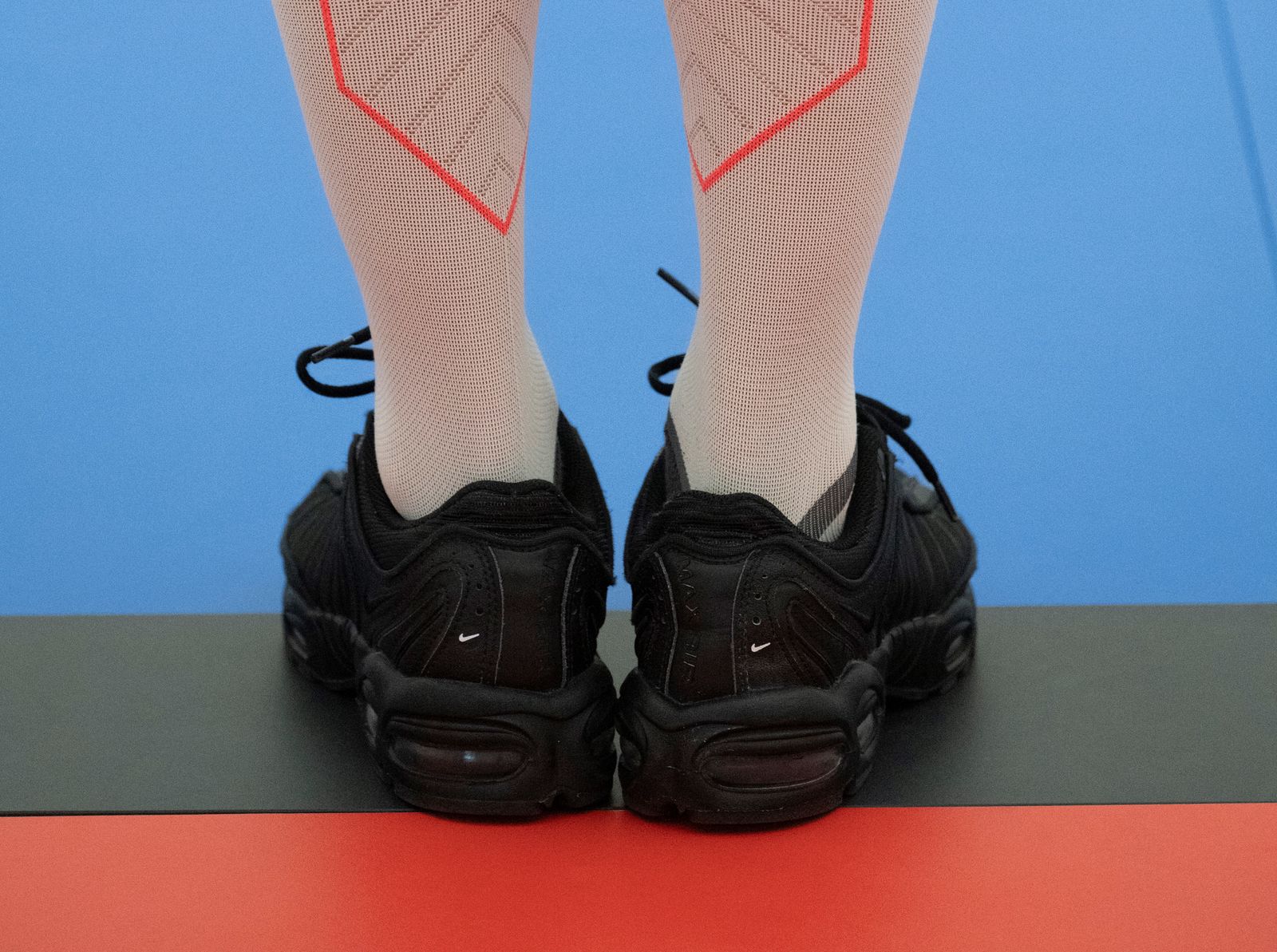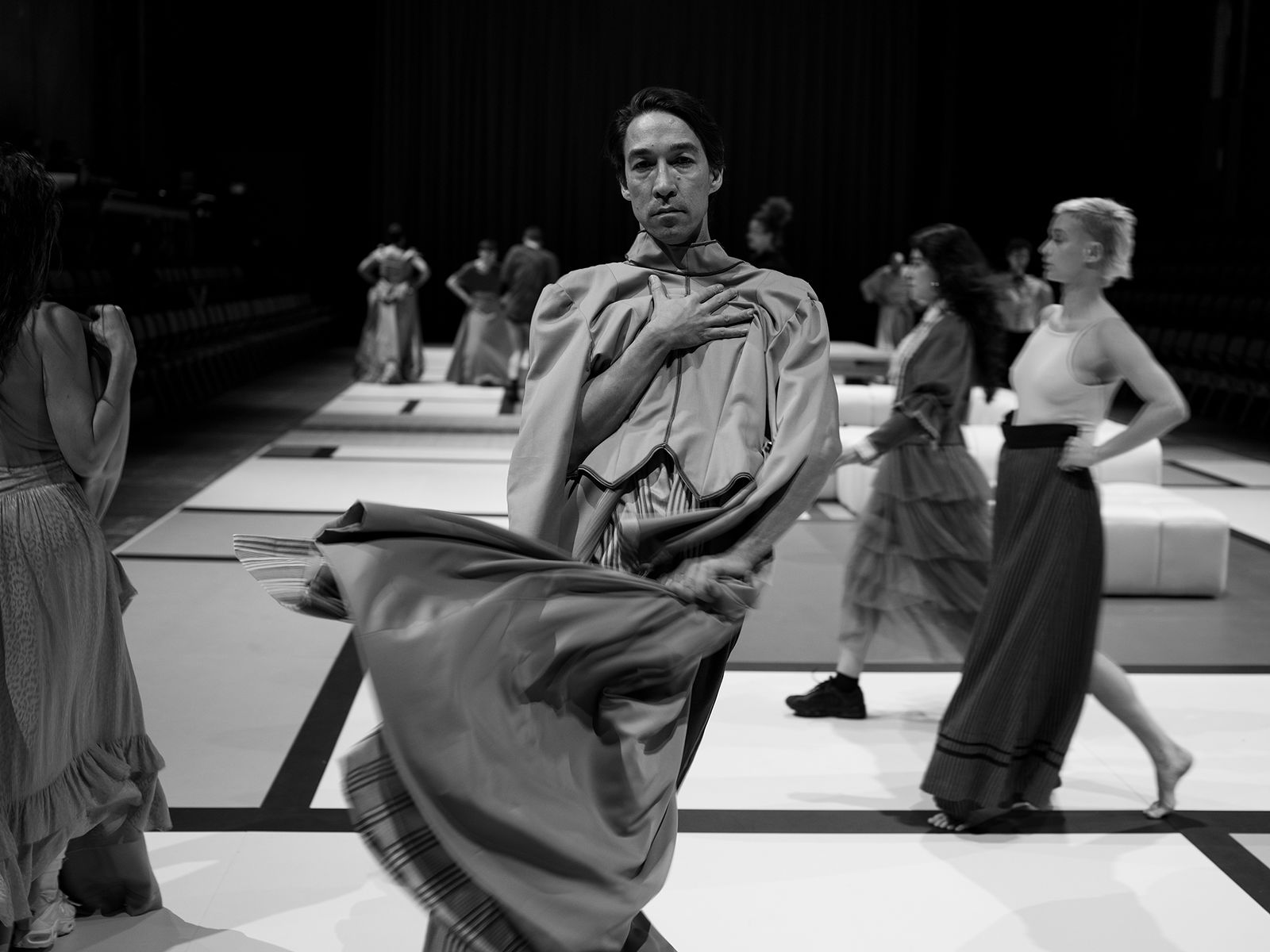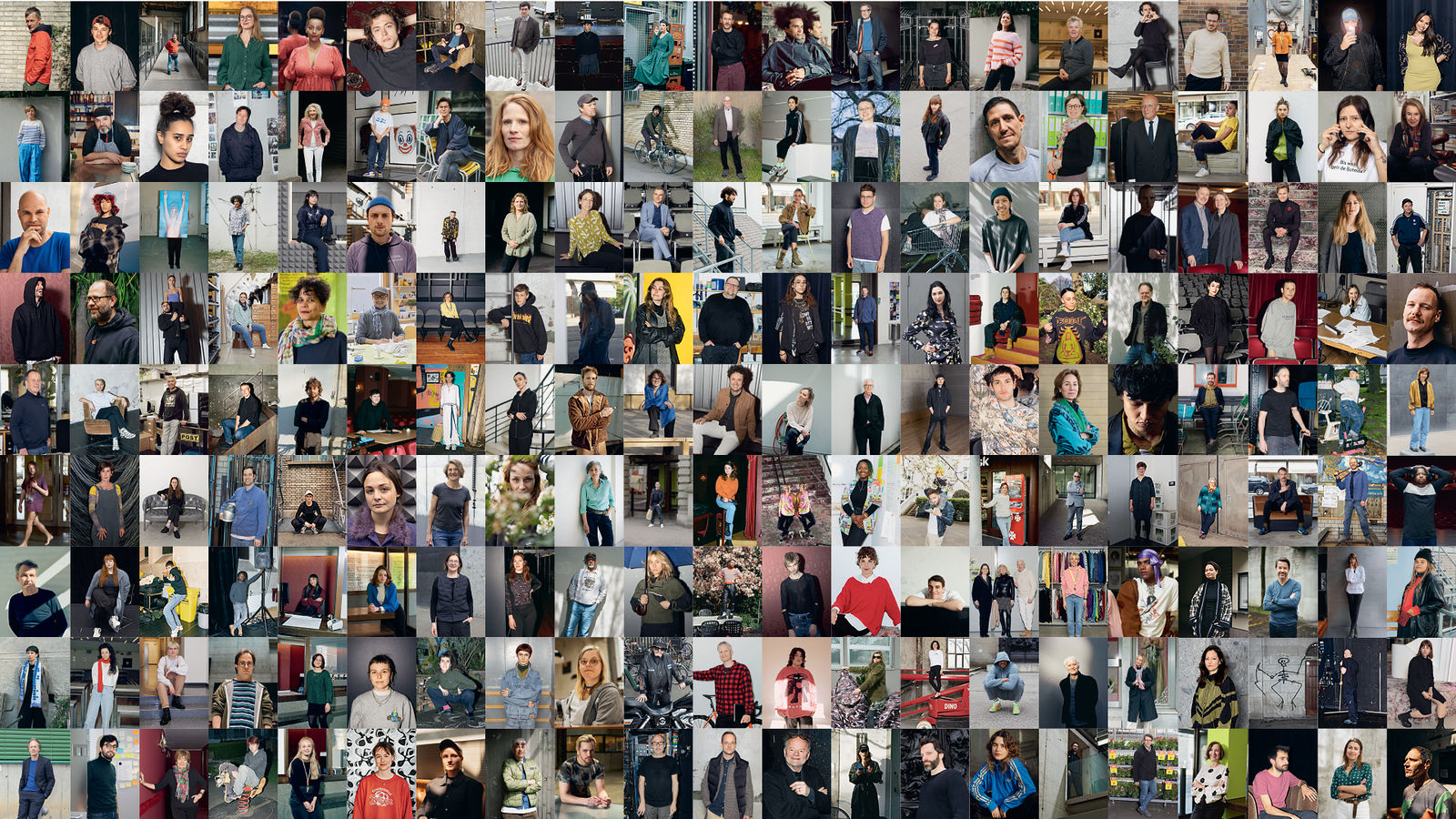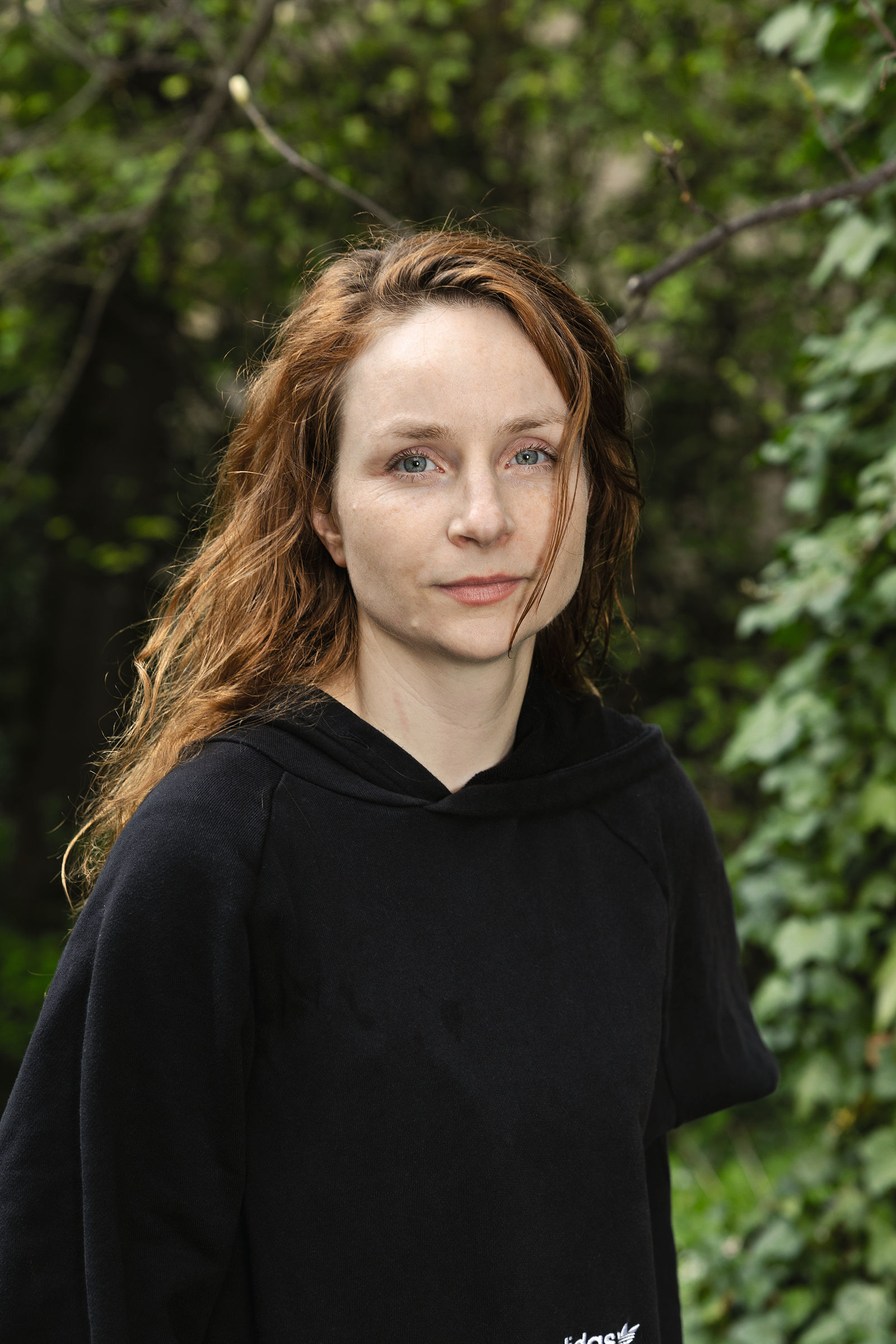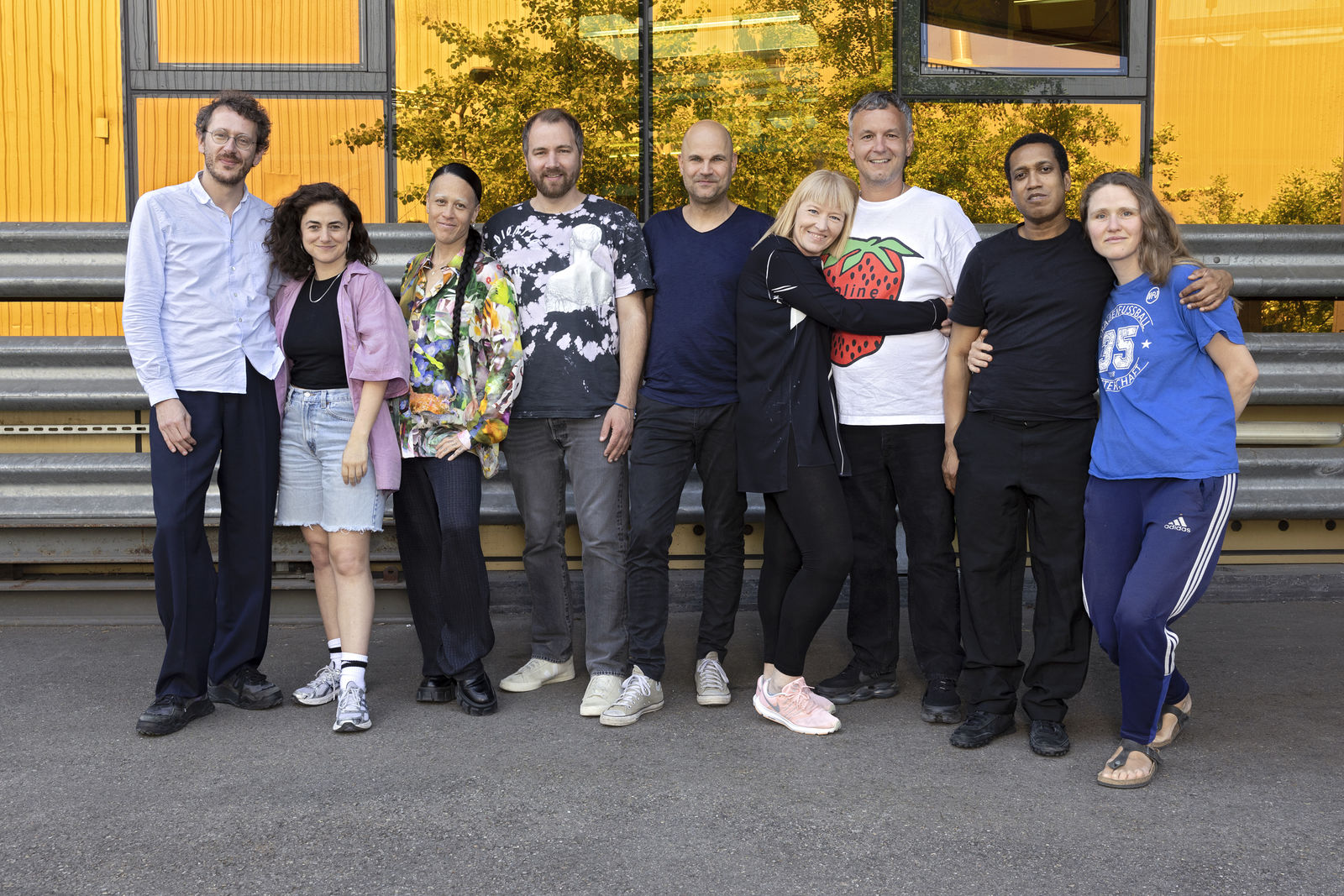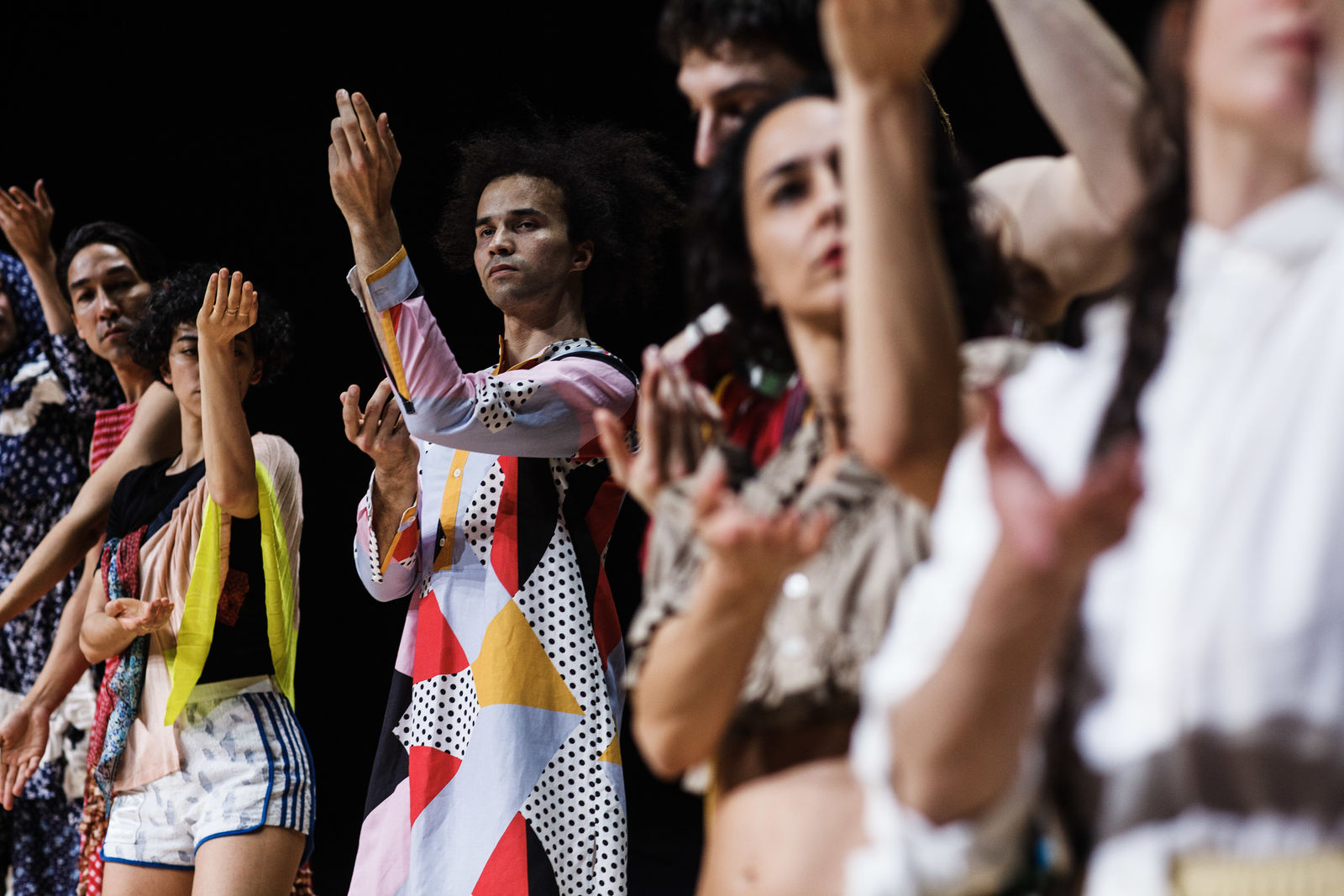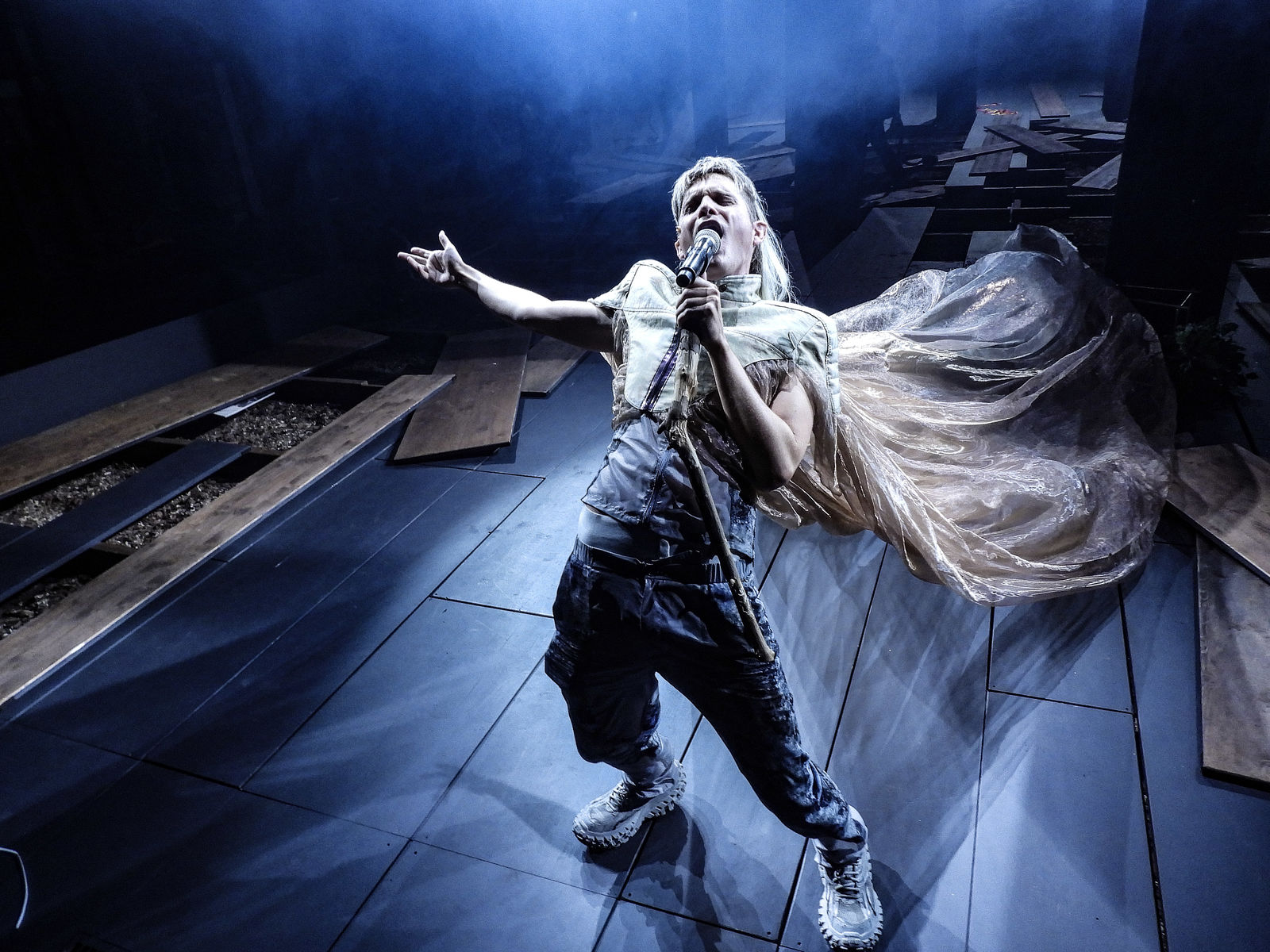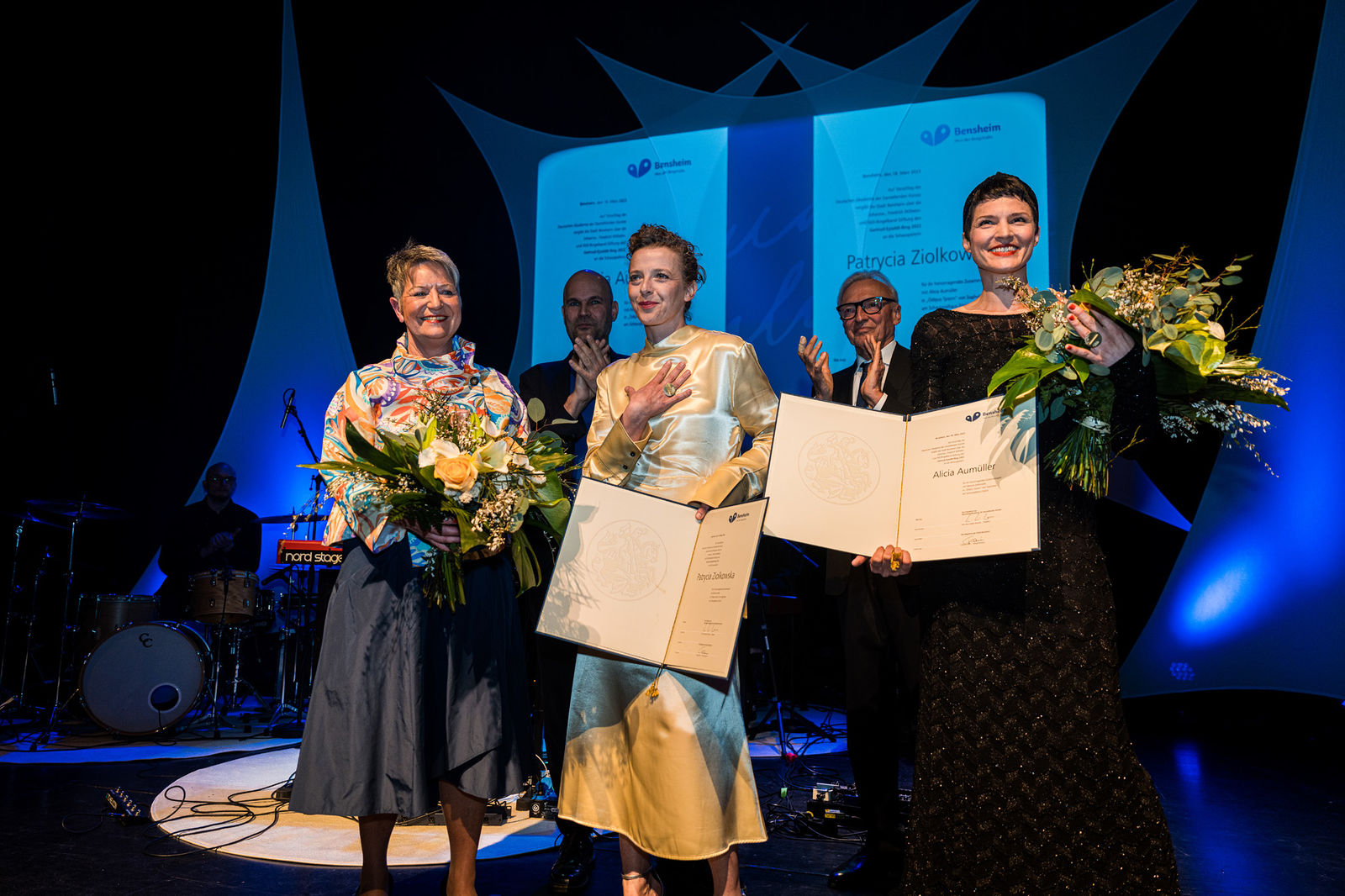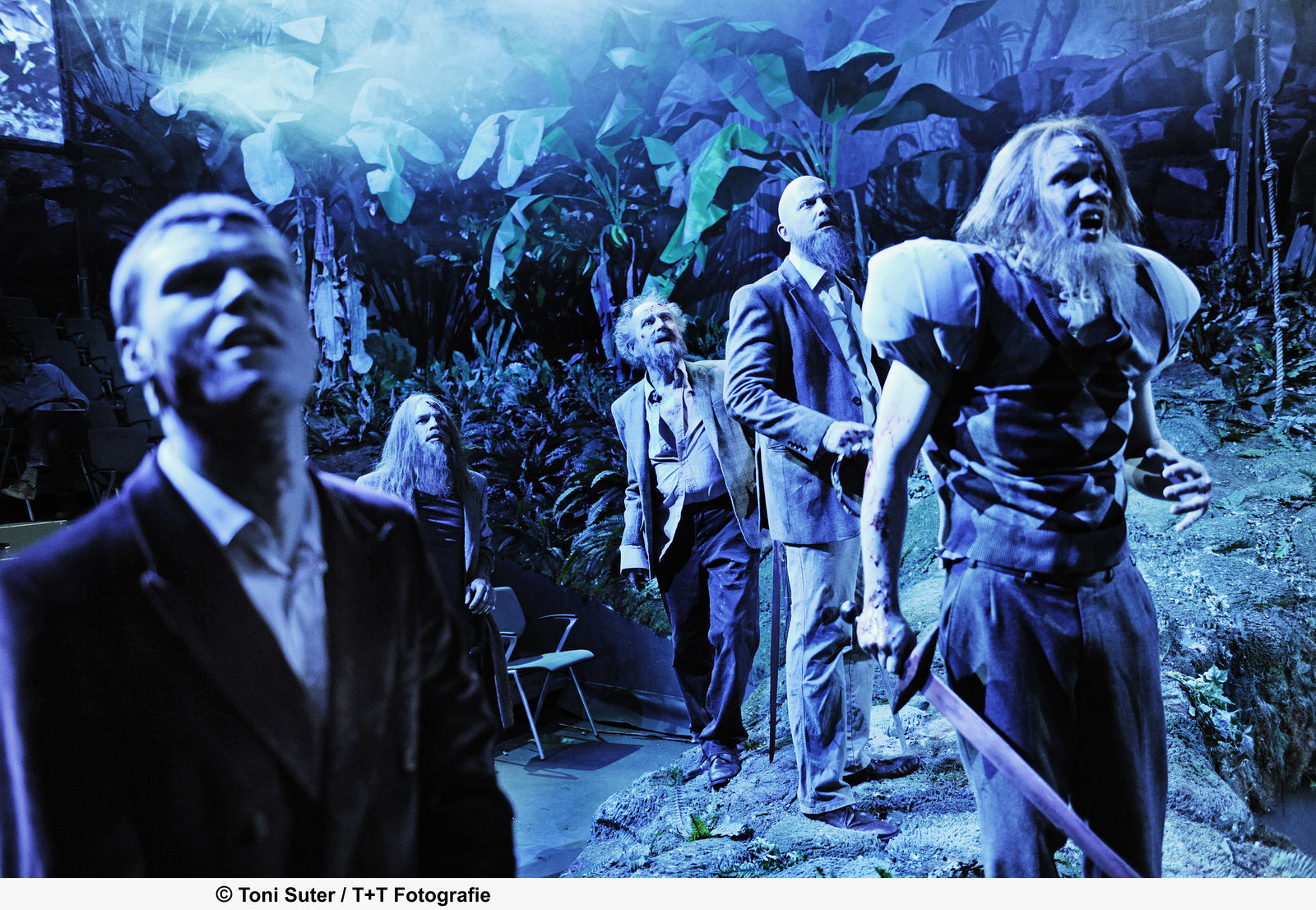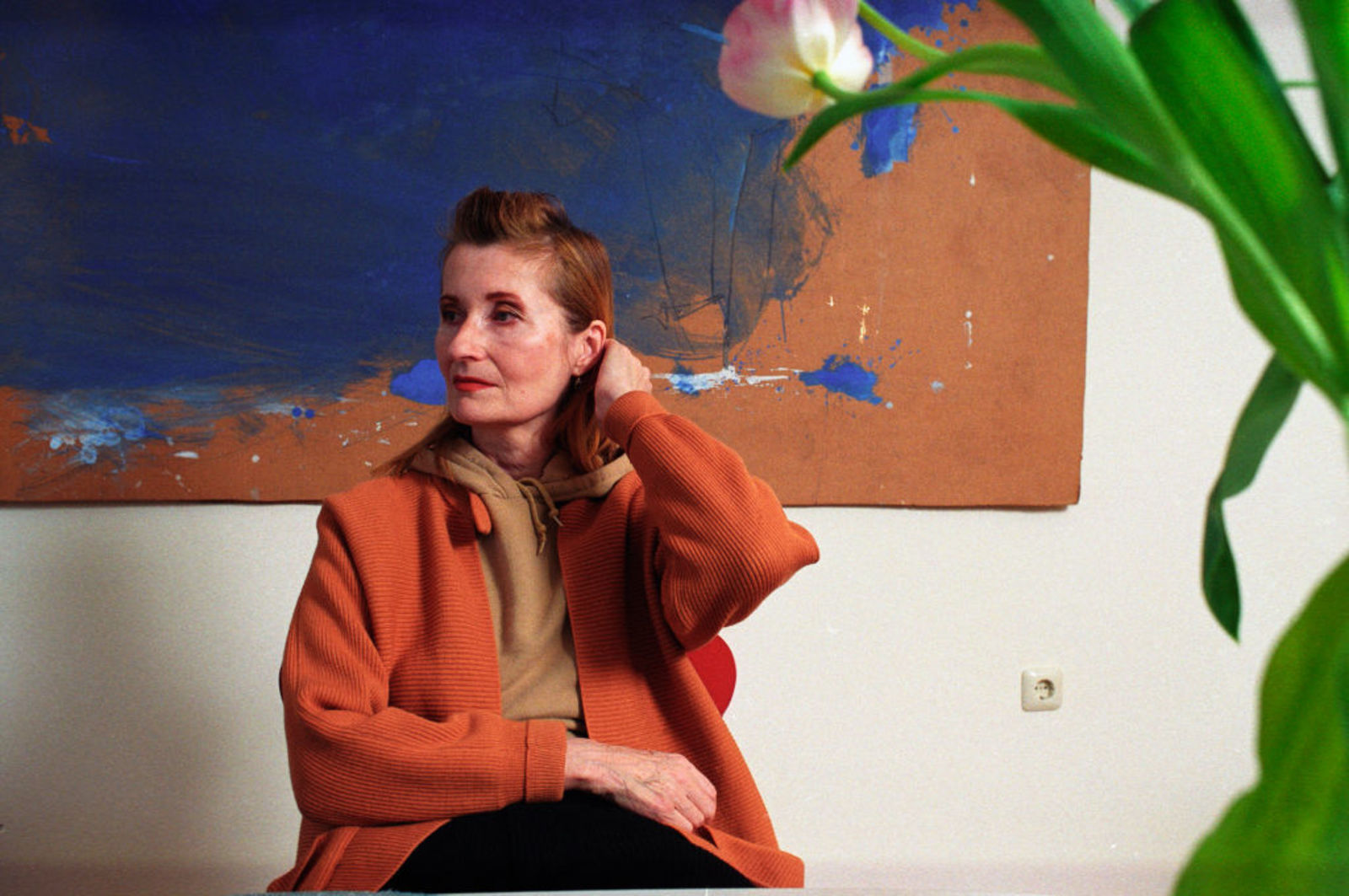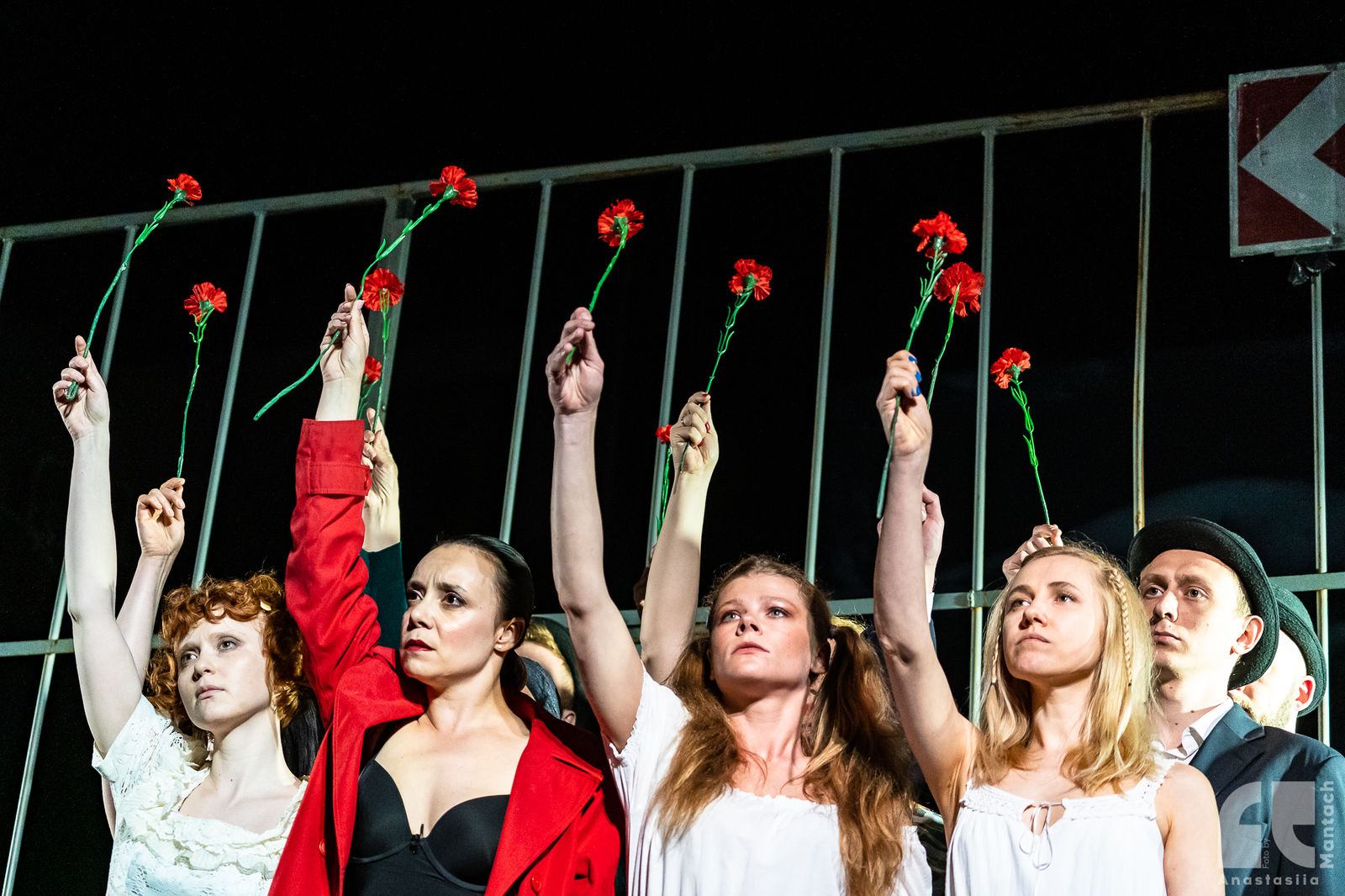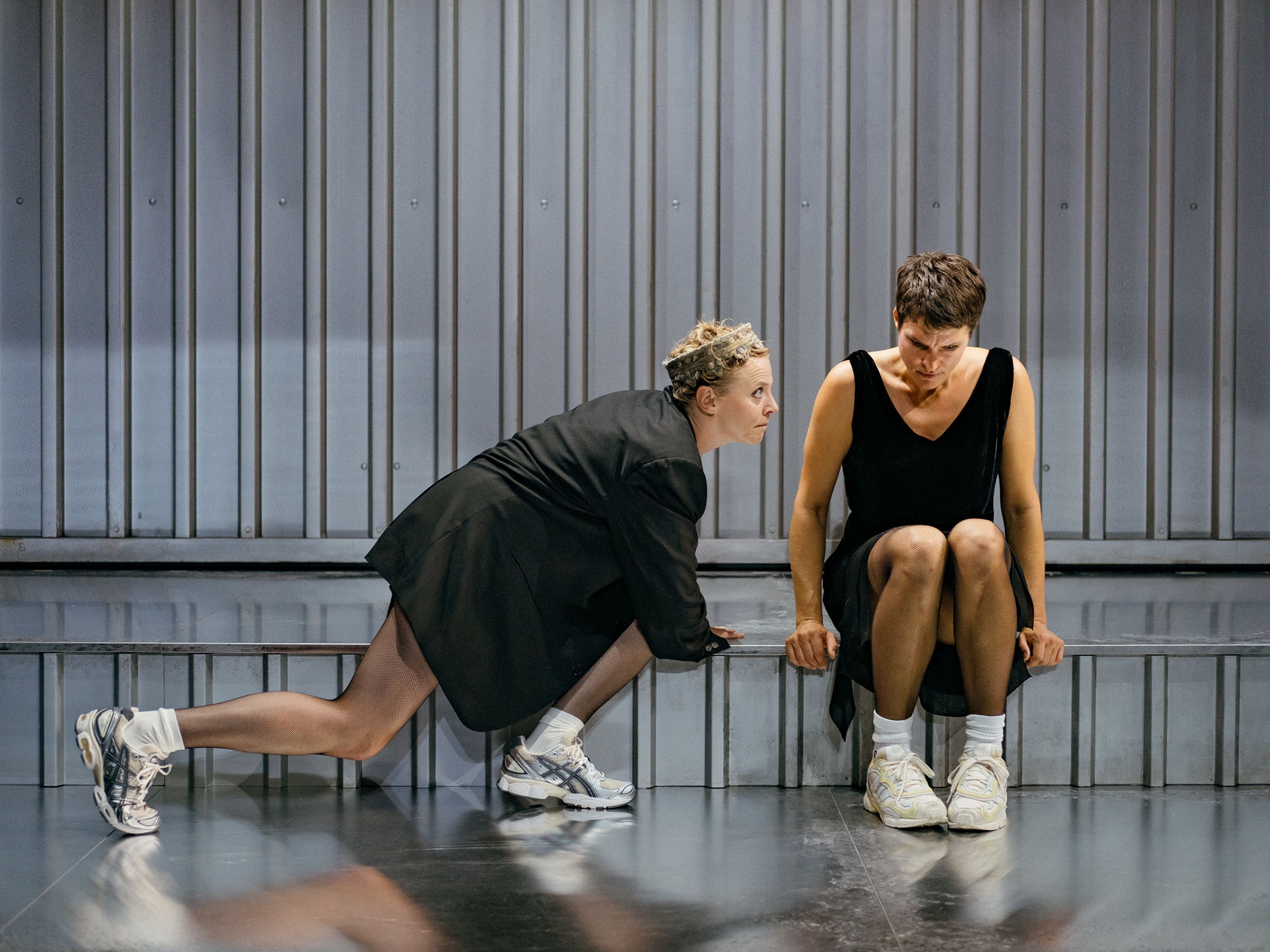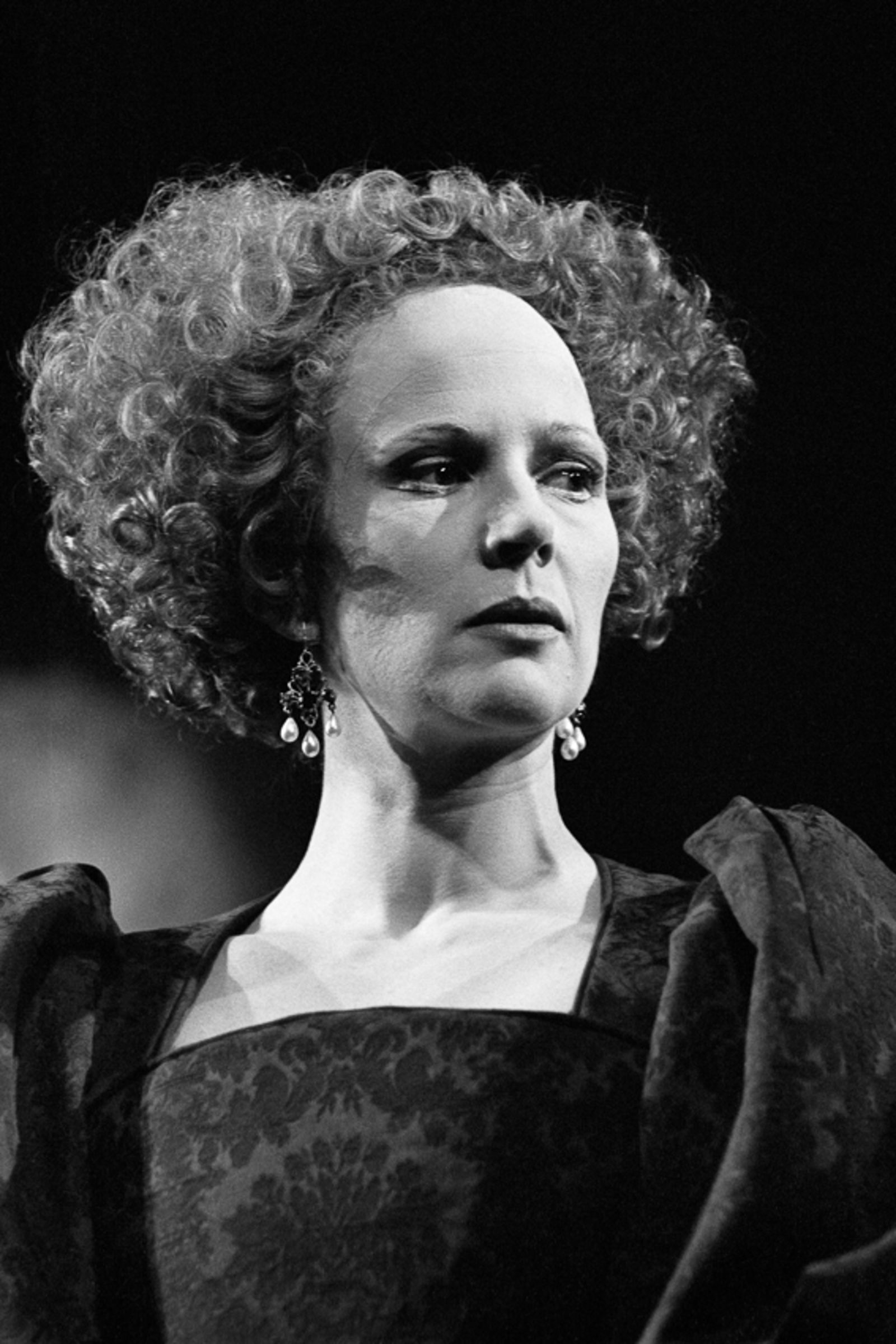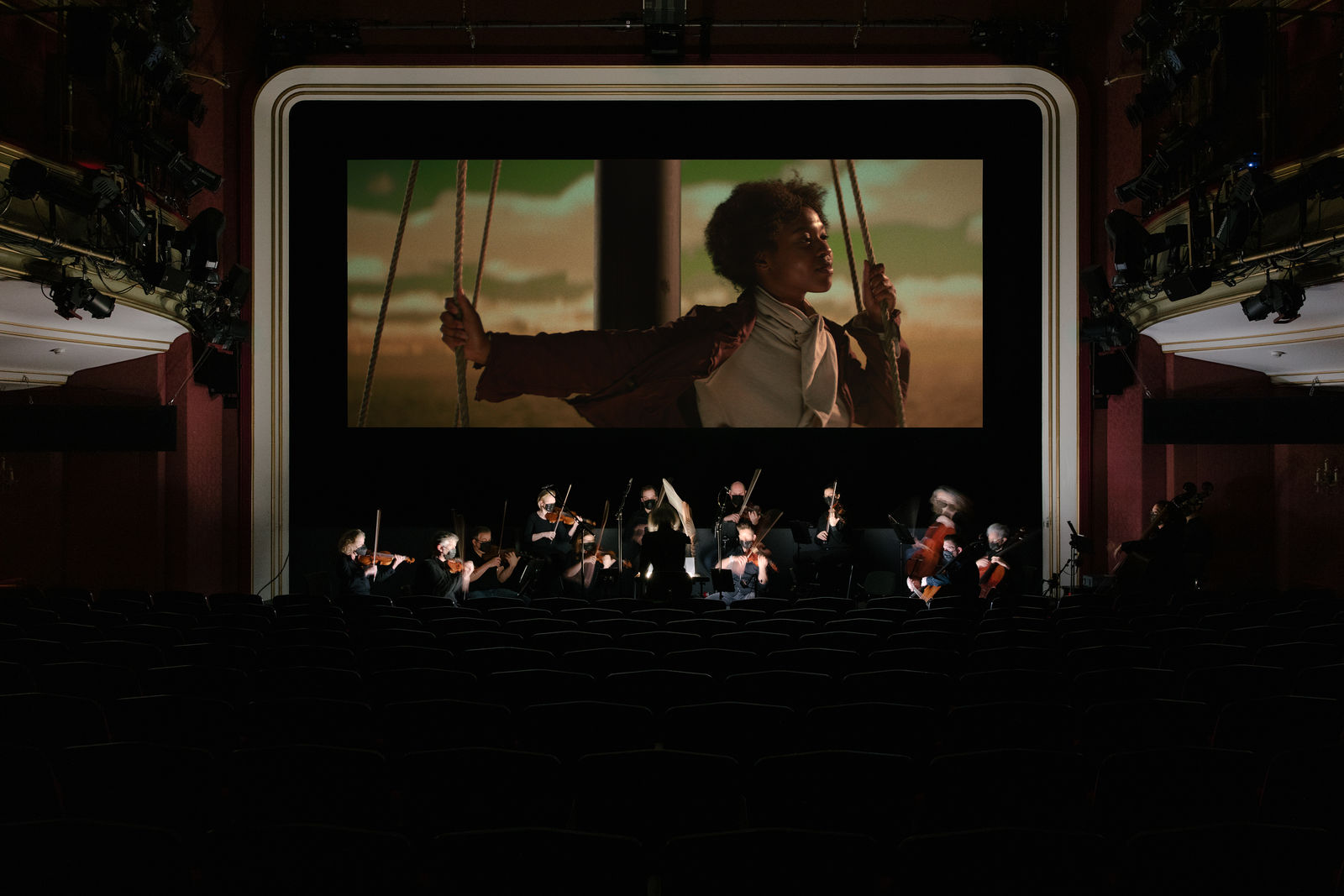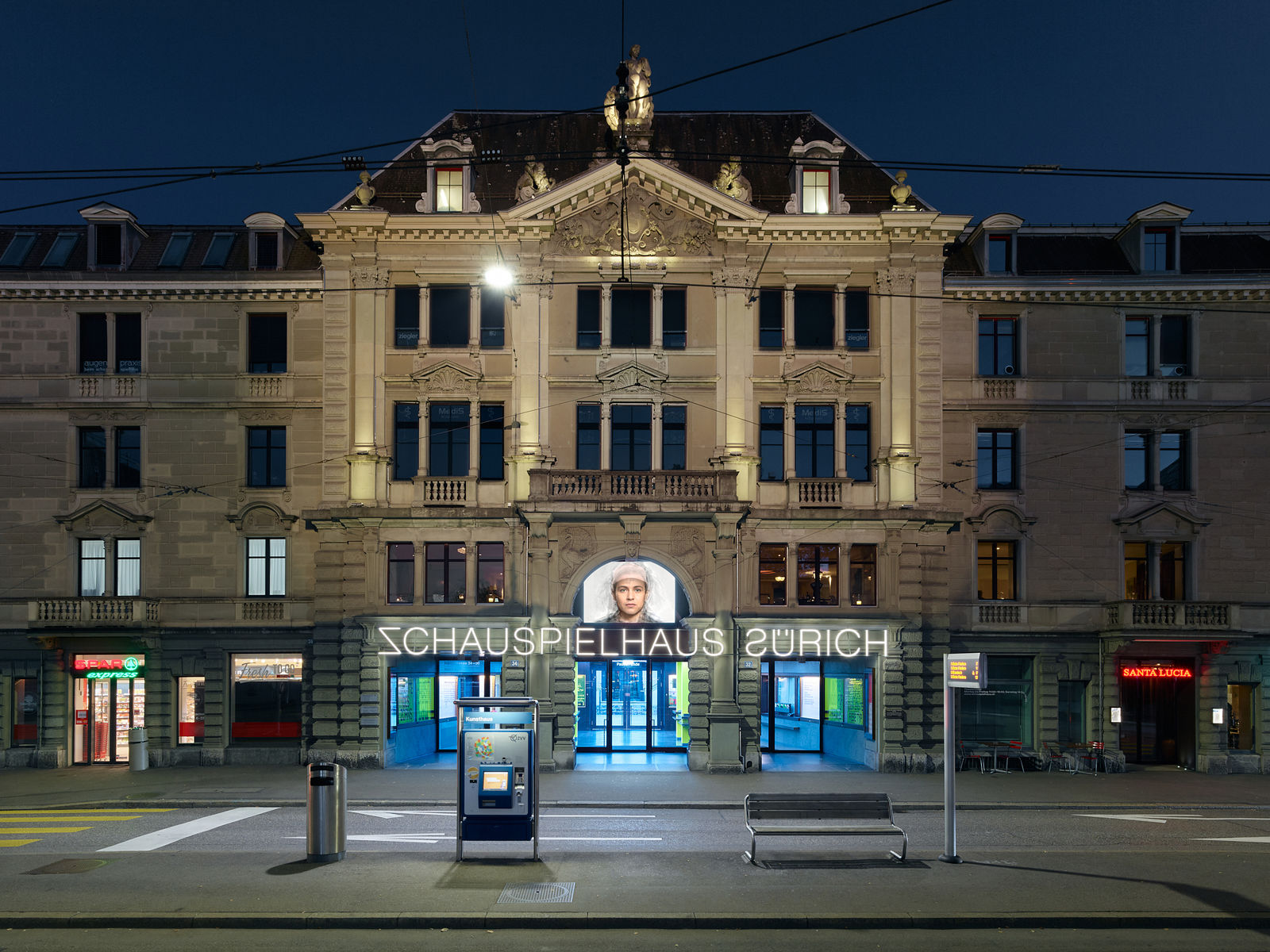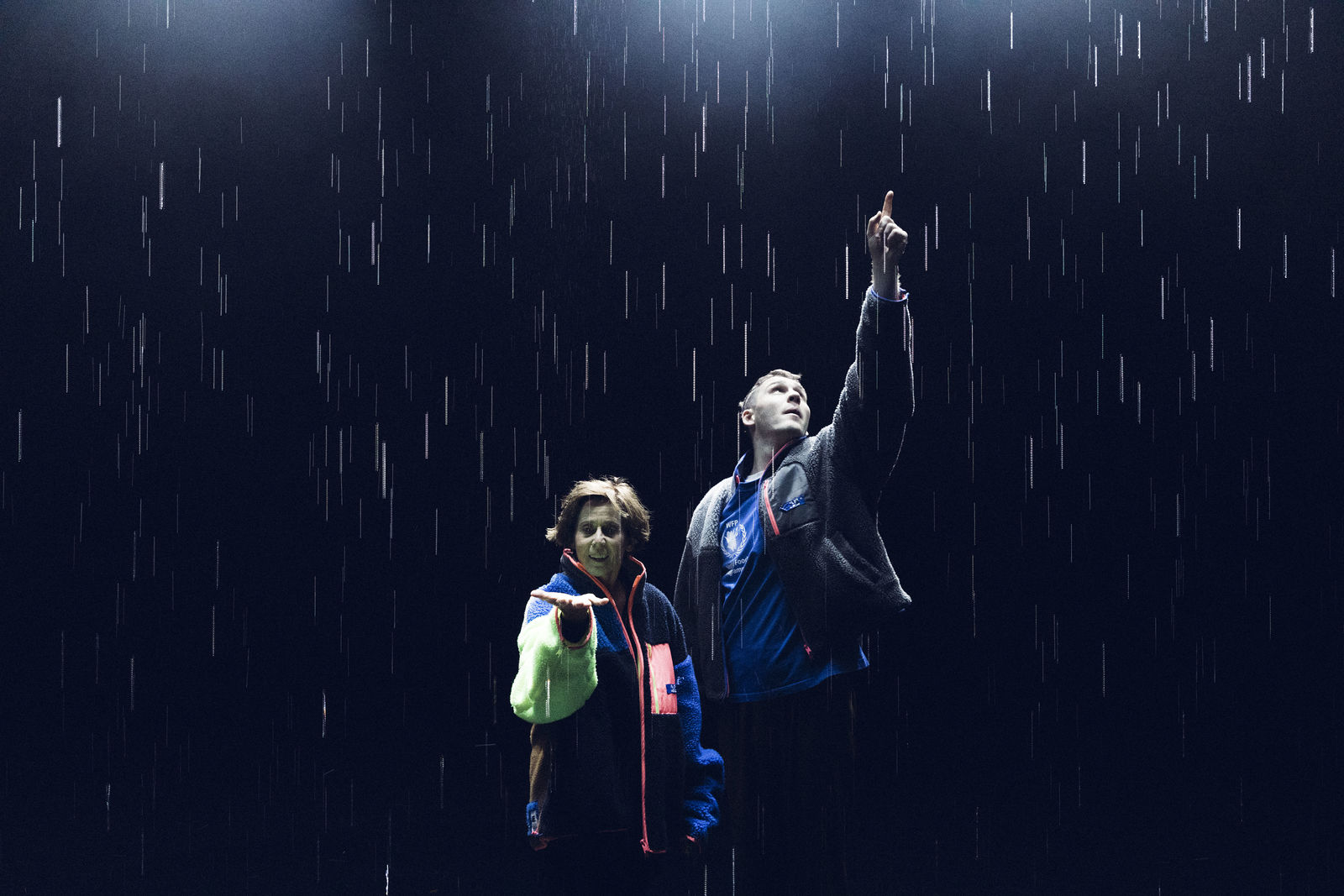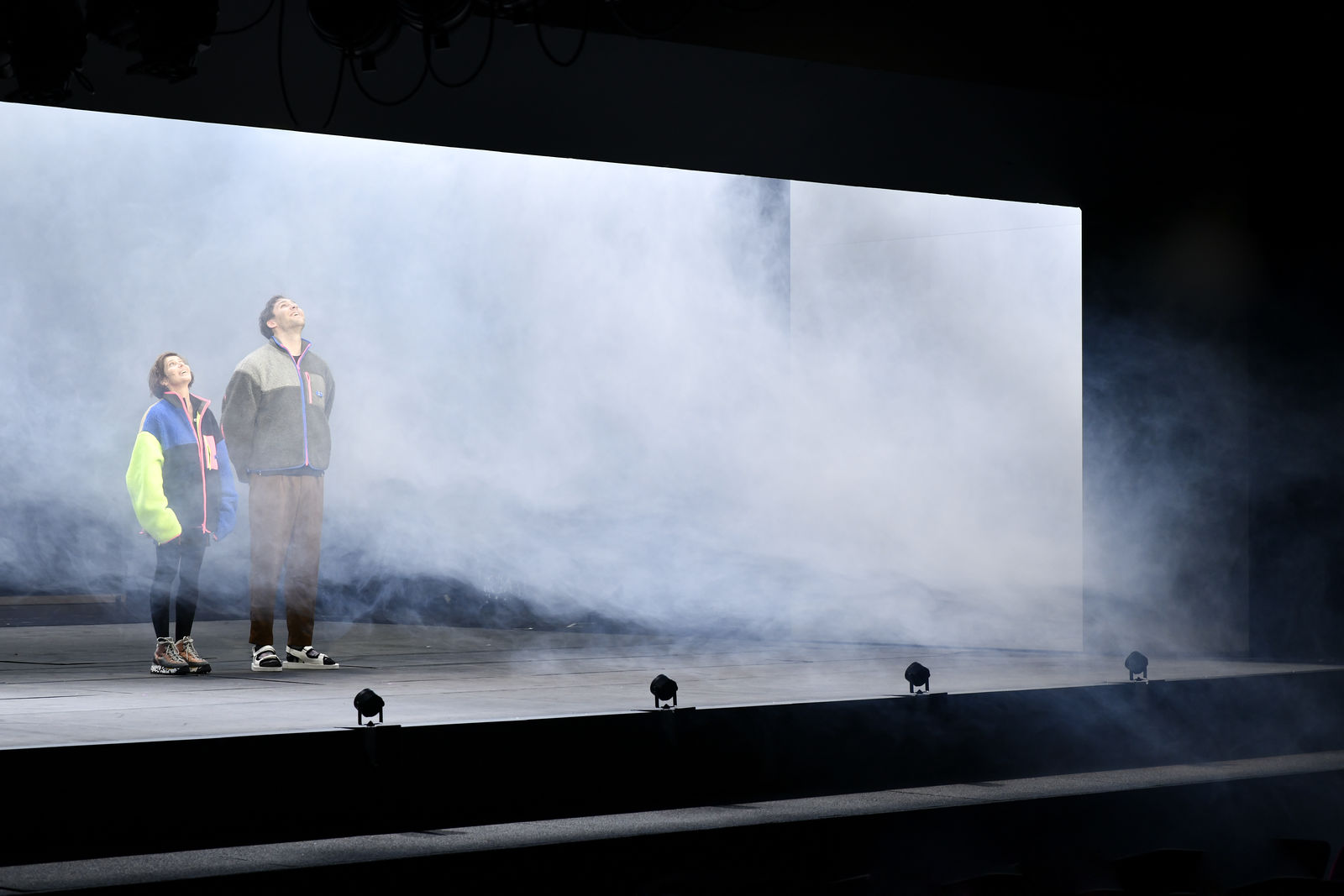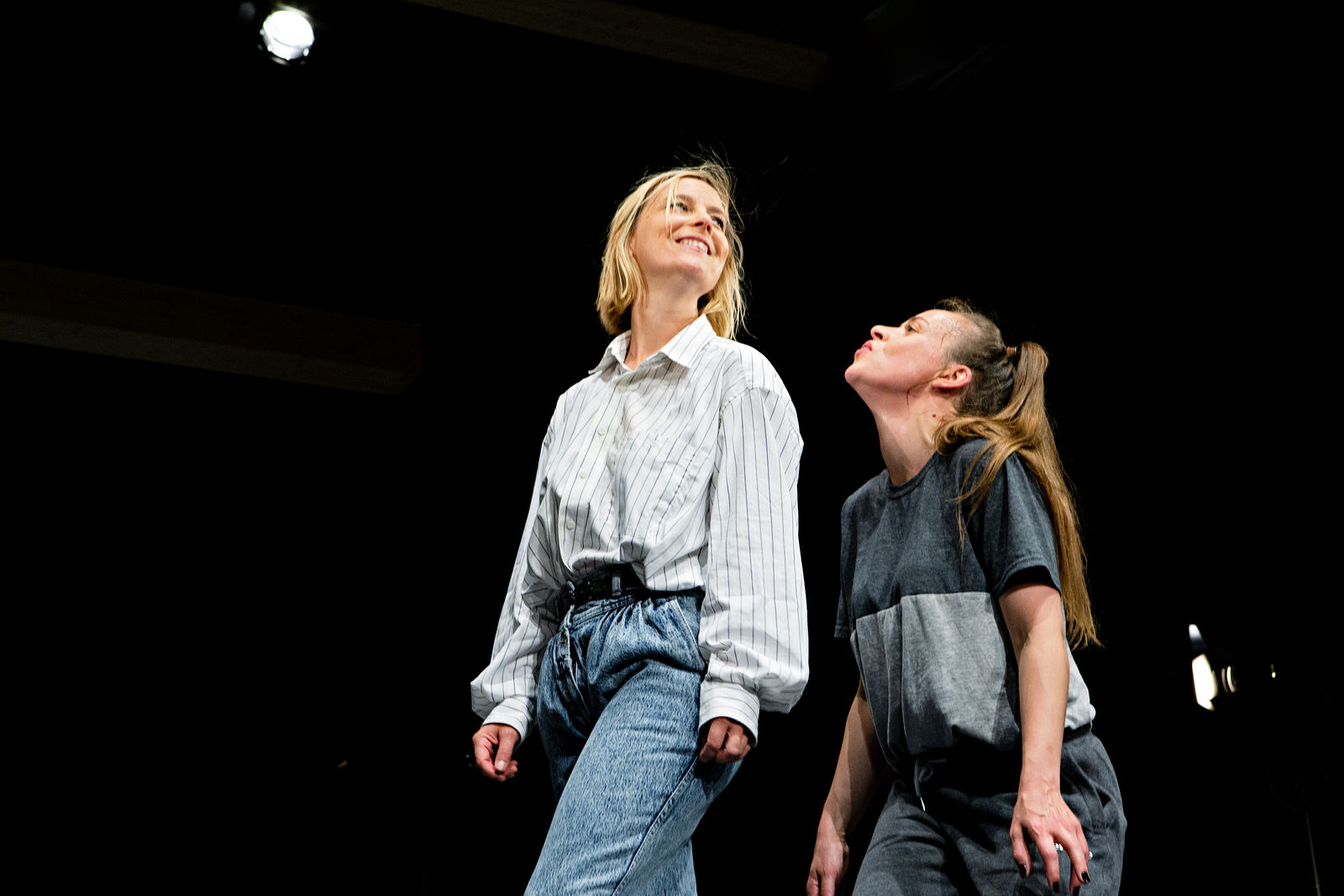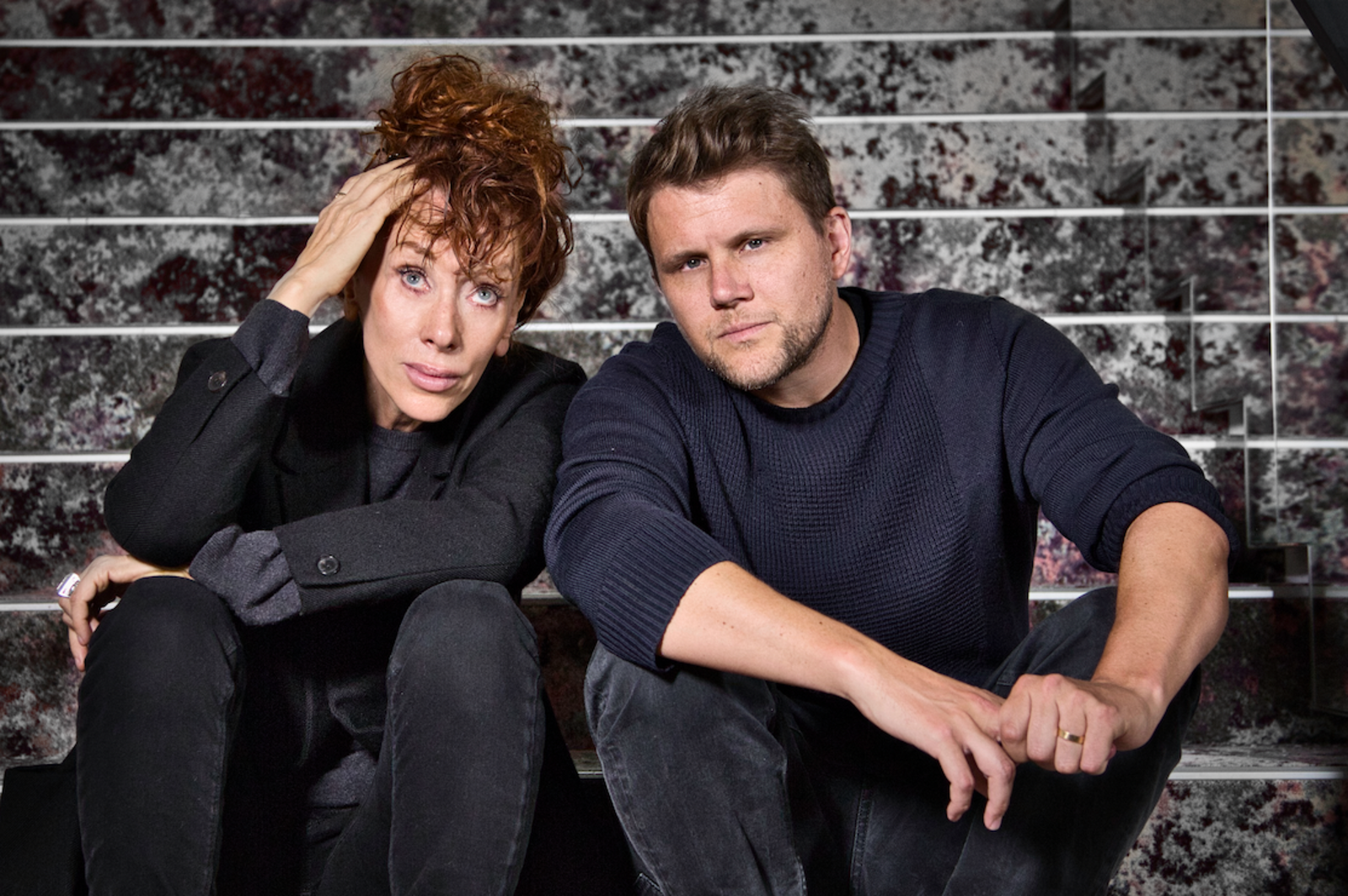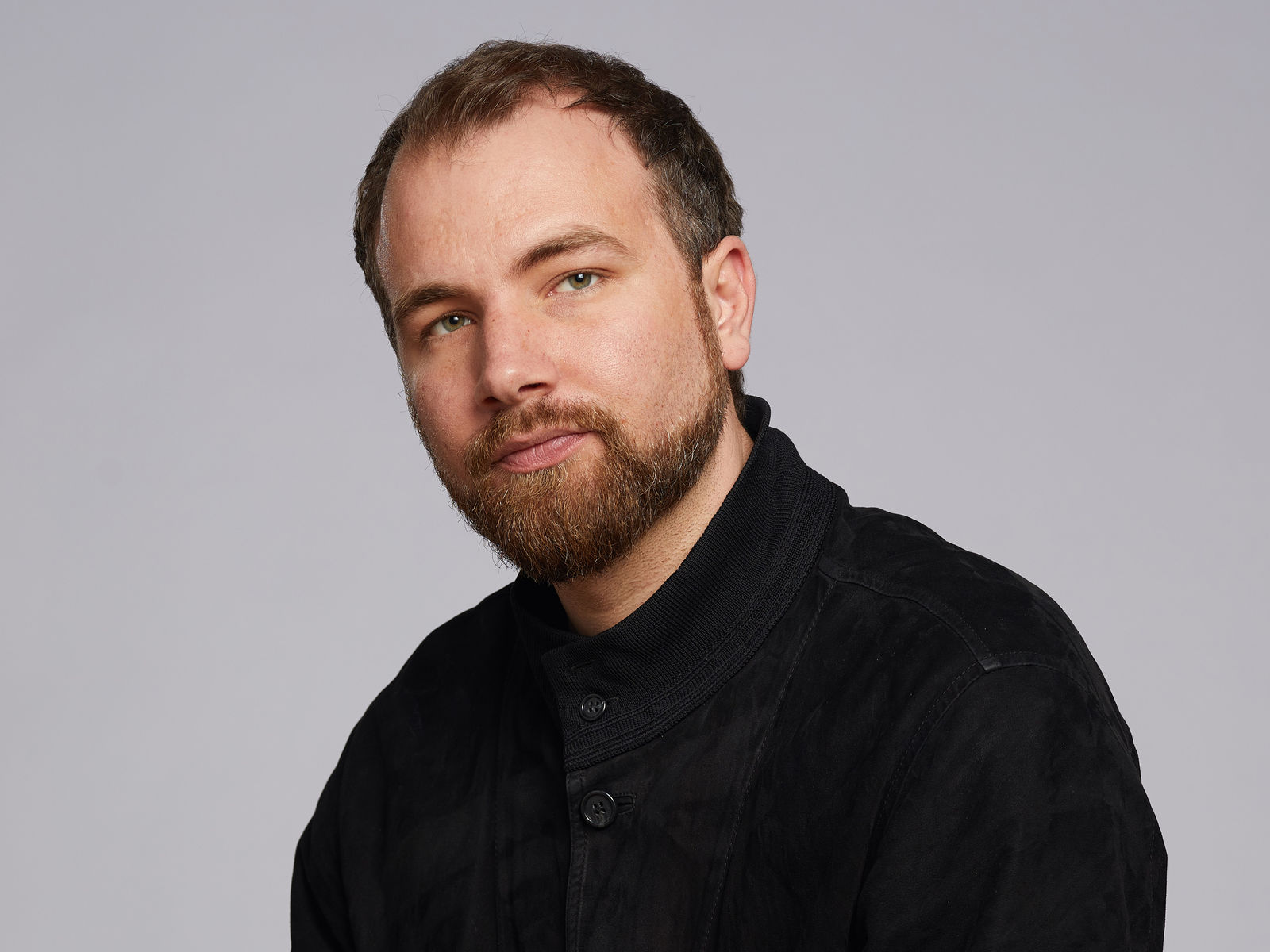News
Racial Profiling in Switzerland:
An Invitation to a Dialogue
Almost one and a half years ago, on 15 June 2020, the first panel of the Schauspielhaus series "Exit Racism" was dedicated to the practice of racial profiling. The curators of the series, actress Thelma Buabeng and dramaturge Laura Paetau, focused on a topic that still receives not enough publicity in Switzerland. Namely, to acknowledge that there is, of course, also a structurally racist practice in the Swiss police, and not only in the American, German or French police, which puts non-whites or people with specific religious clothing under surveillance and control - mainly for no other reason than this: because they are not white and therefore seem suspicious.
In addition to Brandy Butler and Jovita dos Santos Pintos, Mohamed Wa Baile was also a guest on the panel. He talked about his years of struggle for redress after being the victim of racial profiling by two police officers at Zurich main station in February 2015. The police officers had singled him out from a crowd of commuters to take his personal details: Wa Baile asked the police officers if they were looking for a Black person, but the police officers said no. Wa Baile then refused to reveal his name and identification. As a result, he was formally charged with failure to comply with police orders and found guilty.
And Mohamed Wa Baile has been fighting against this - to this day. His case, which he took all the way to Strasbourg to the European Court of Human Rights (ECtHR), was declared an 'impact' case there at the beginning of 2022. Only a very small number of cases that are significant for the state in question or the ECtHR system as a whole are declared as such. The verdict is expected to be reached in 2023. Already in October 2021, the Zurich Administrative Court ruled that there was not enough objective evidence for the identity check by the police and that it was therefore unlawful. However, the judges remained undecided as to whether this also constituted discrimination on the grounds of skin colour. In this regard, Wa Baile, together with the alliance humanrights.ch, took the case to the Federal Supreme Court.
Mohamed Wa Baile's case is not an isolated incident in Switzerland. Numerous initiatives such as "humanrights.ch" or the "Alliance against Racial Profiling" confirm it.
Kay Kysela is a member of the ensemble at the Schauspielhaus Zürich. He too was a victim of racial profiling. At the end of September last year, he was pulled over on his bicycle, initially without any reason being provided.
Only when he repeatedly asked why and defended himself against the suspicions and attempts to intimidate him without context, the policeman replied: Kay had been cycling freehand. Kay contradicted him and the atmosphere of the conversation heated up. He wanted to distance himself from the situation and said that he would like to talk to the policeman in a more lively place - and not alone. He left. The result was a charge of obstructing an official act - and again a guilty verdict: Kay Kysela was sentenced to a conditional fine and a fine of several hundred francs; the latter, in case of culpable non-payment, was punished alternatively with a prison sentence of 3 days. In addition, there are the costs of the proceedings of a substantial amount.
We are aware that we only know Mohamed Wa Baile's and Kay Kysela's sides of the stories. By necessity, they are subjective. But it is also clear that the versions of the stories that the police officers involved have given are not objective either. But no police officer has ever been held criminally responsible in such a constellation.
In the versions of the story told by Mohamed, Kay and many others, patterns emerge. Practices that take on a life of their own are revealed, which promote discrimination, abuse and arbitrariness. Structural racism, to put it in a nutshell, is the mechanism of action that emerges. And it runs deeper than the individual behaviour of single people.
This is where the police, this is where all institutions in Switzerland - including us - have to keep an eye on. We must learn to recognise institutionalised structural racism and be prepared to change structures.
In order to stay tuned and to offer a forum to important people in this field, we invite you to another panel on racial profiling on 6 April at 8 pm in the Schiffbau-Box. Fatima Moumouni and Laurin Buser, spoken word poets and authors of the play Bullestress, which premiered in January; Tarek Naguib, a lawyer specialising in anti-discrimination law; Hannan Salamat, head of Islam at the Zurich Institute for Interreligious Dialogue; and Fabian Molina, SP national councillor. Brigitte Hürlimann, court reporter for the Republik, will host the discussion.
We also invited representatives of the Zurich City Police, namely the head of the security department, city councillor Karin Rykart, as well as the commander of the city police, to participate in the panel. Unfortunately, we were turned down on the grounds that racial profiling is indeed an important issue in the city police and that a lot has been done in recent years to minimise racially motivated checks on people; but that discussions must first be held internally and away of the public eye - always specifically and in relation to individual cases. We regret this decision all the more as the panel would have offered the Zurich City Police an ideal platform to explain to an interested public what considerations have been made and what concrete steps against racial profiling have been taken so far. In our opinion, this is a missed opportunity. Our proposal to delegate a specialist from the education sector was also not considered. We also received a negative response from the police school of the city of Zurich. Once again: the Schauspielhaus is not interested in focussing on individual cases - but in a systemic approach to the problem of racial profiling, in which different perspectives should be brought to the fore. And everyone is invited: those who are looking for an exchange because they have also experienced something similar. And those who want to learn something new, perhaps because they themselves run institutions.
Benjamin von Blomberg and Nicolas Stemann,
Co-Artistic Directors Schauspielhaus Zürich
